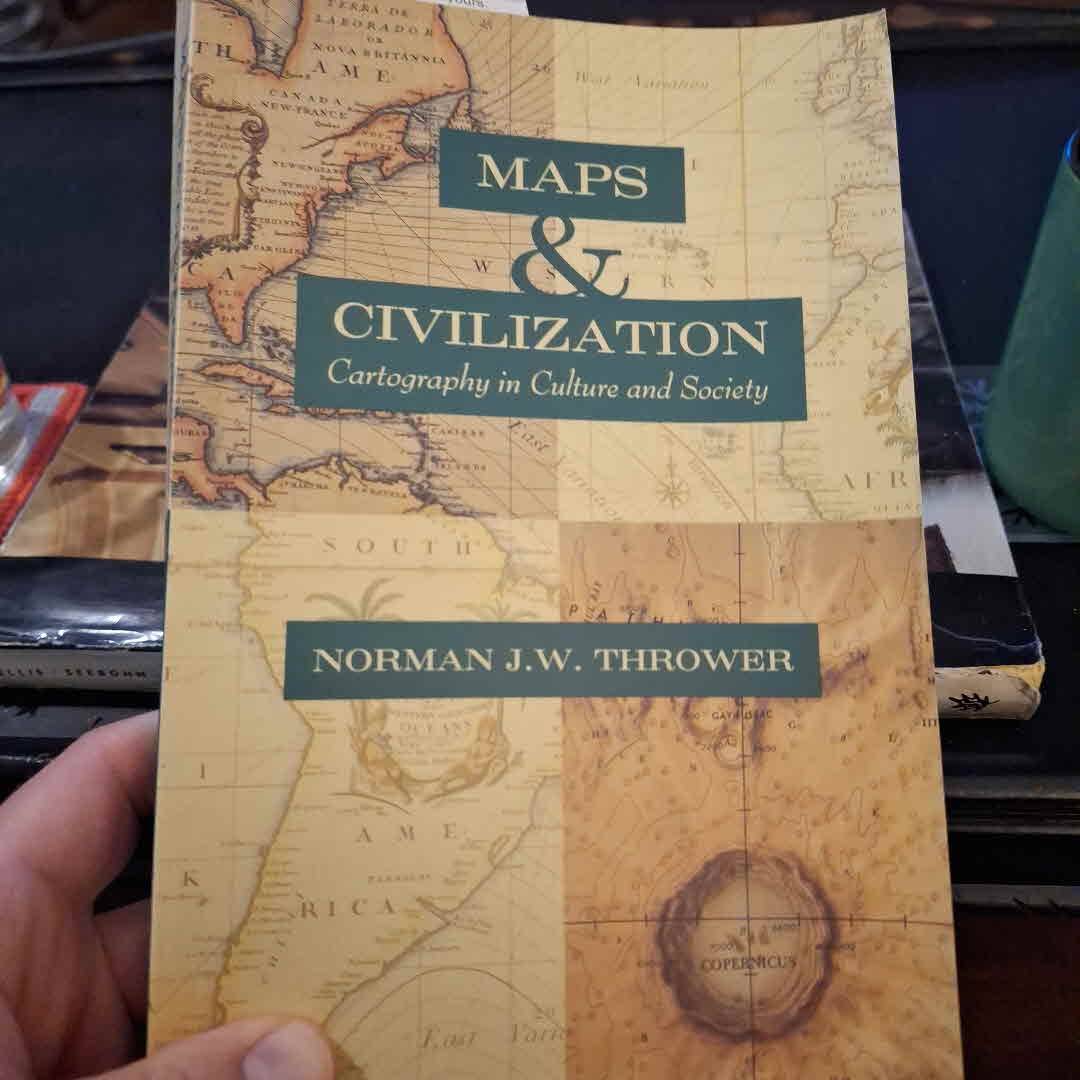
Next up for reading. Growing up, I was fascinated by maps. I still have a collection of maps and atlases.


Next up for reading. Growing up, I was fascinated by maps. I still have a collection of maps and atlases.

Interesting fact - Washington seldom marked or wrote in his books. This contrasted with other Founding Fathers like John Adams and Thomas Jefferson.
#USPresidents #GeorgeWashington
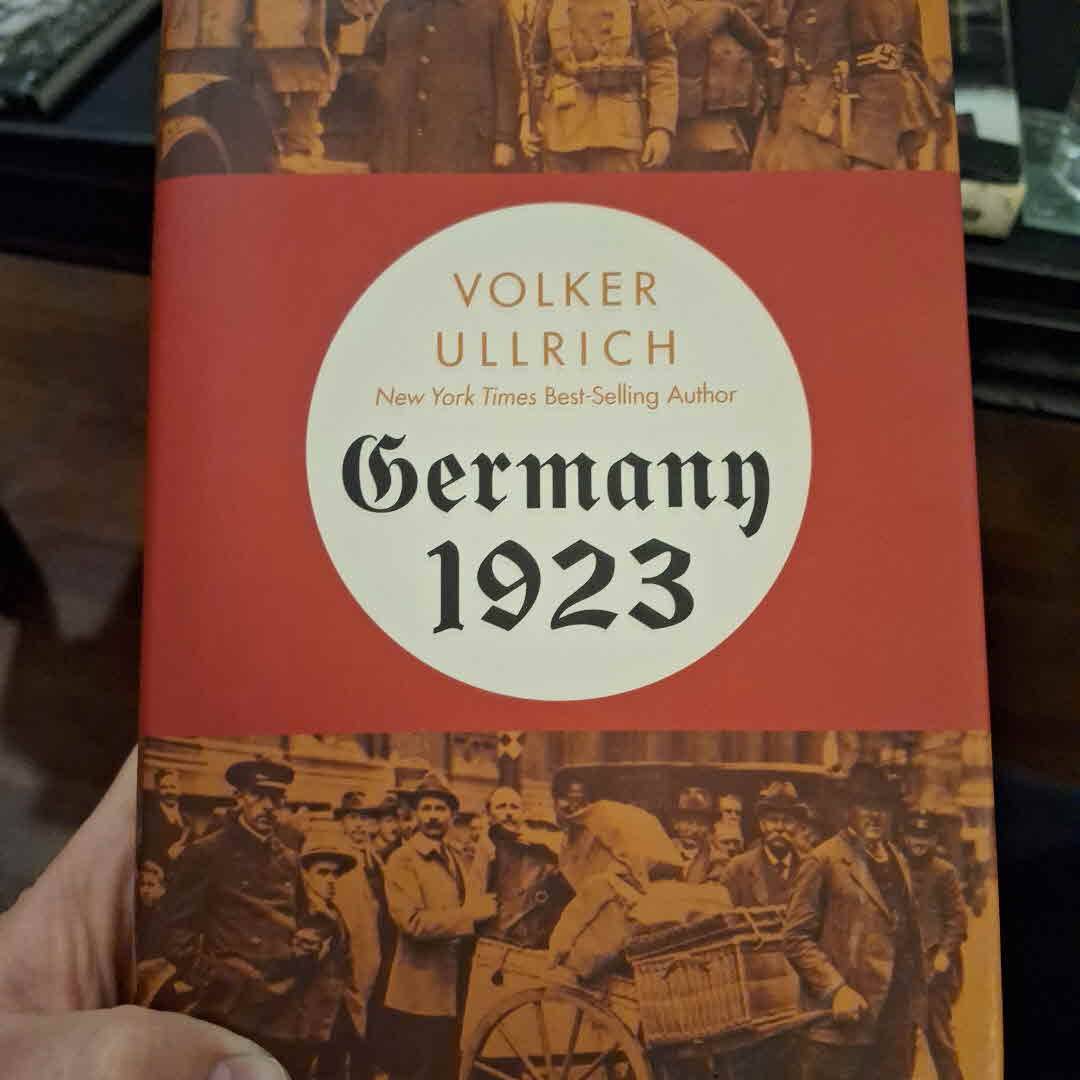
Very interesting book. It examines the events of 1923 in the Weimar Republic, the events that lead up to them, and they're effects. While it focuses on the political, economic, and international events, various cultural and personal effects are examined. Definitely recommend.
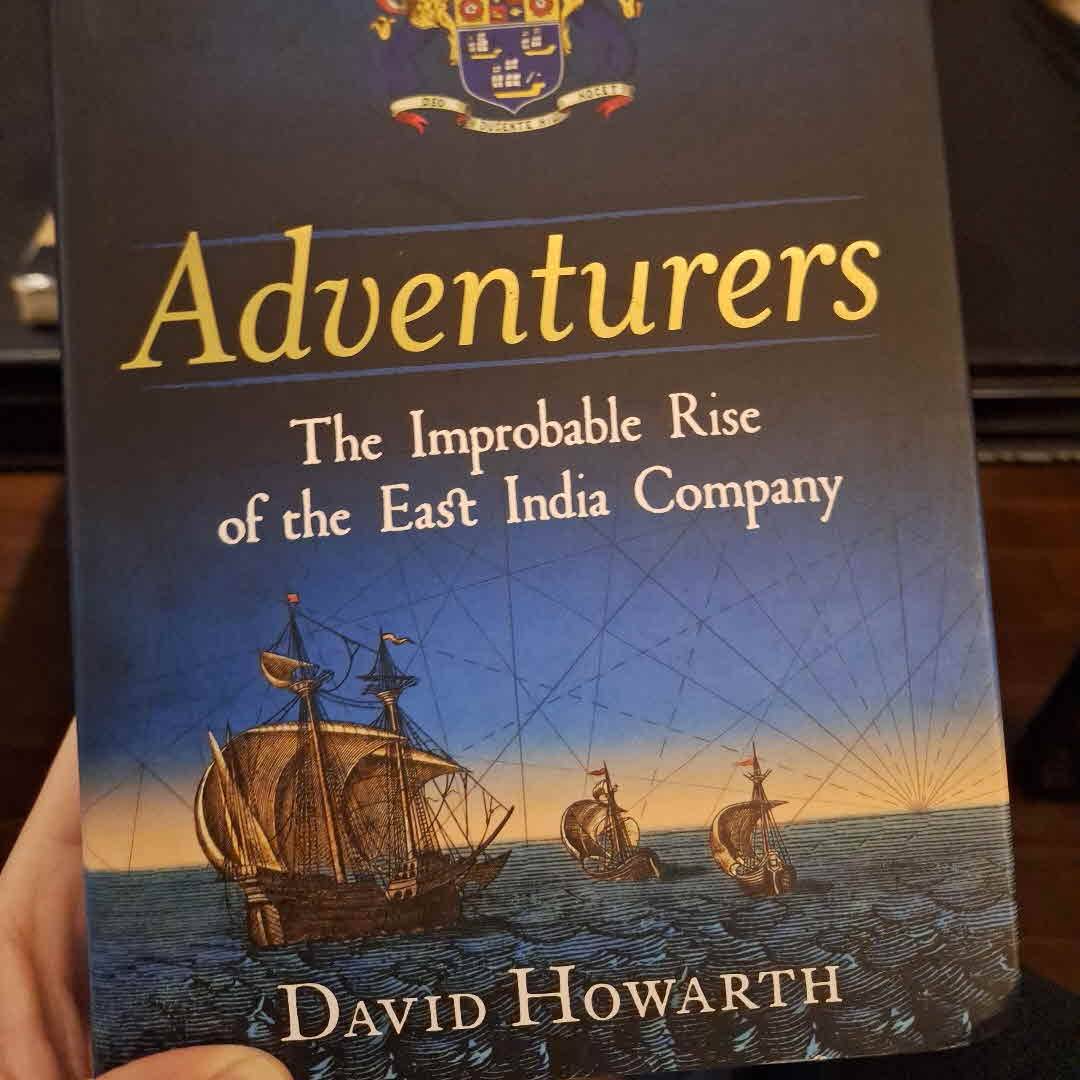
Next up for reading

Wishing everyone a Merry Christmas!
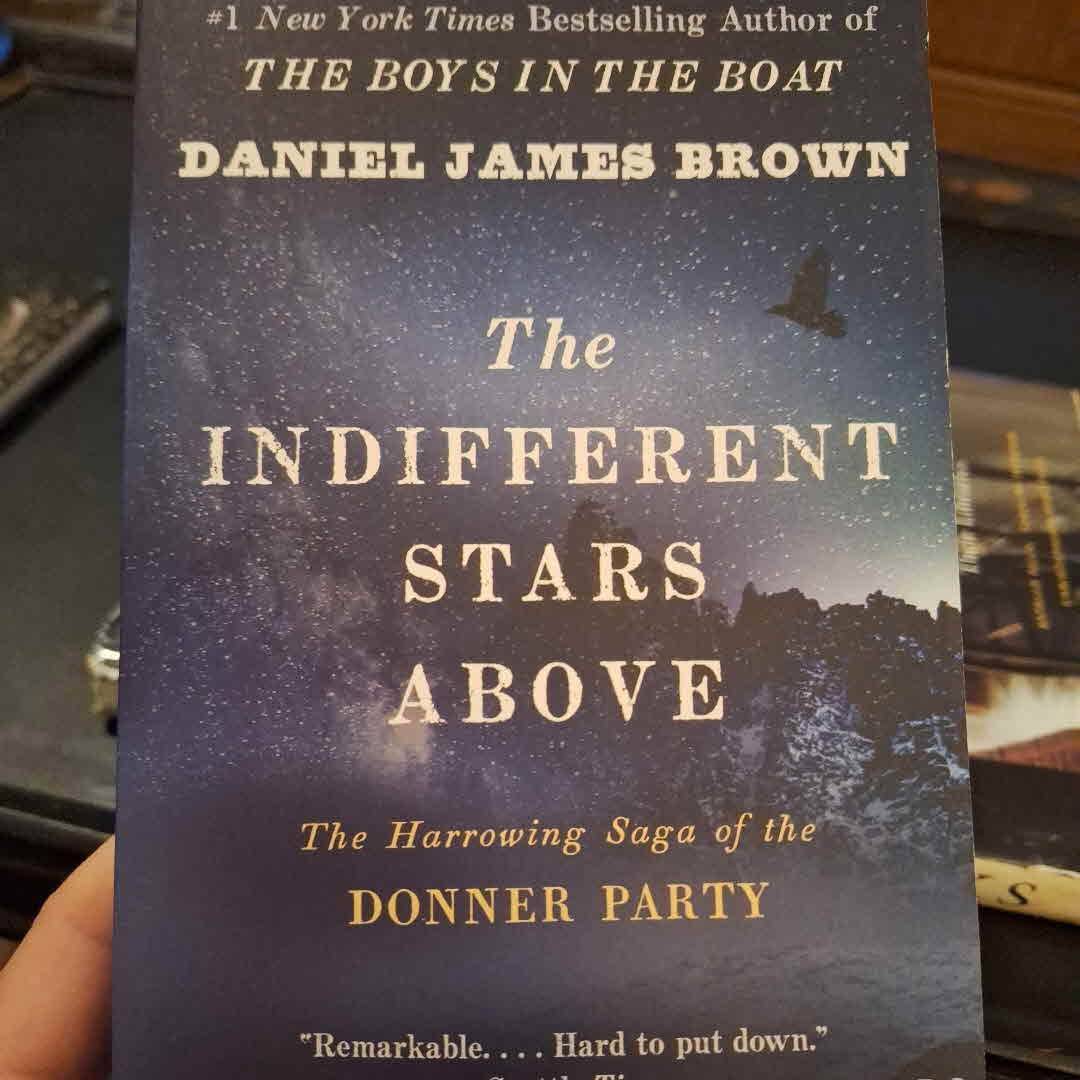
Got this as a Christmas present today. I've heard of the Donner Party, but never read about it.
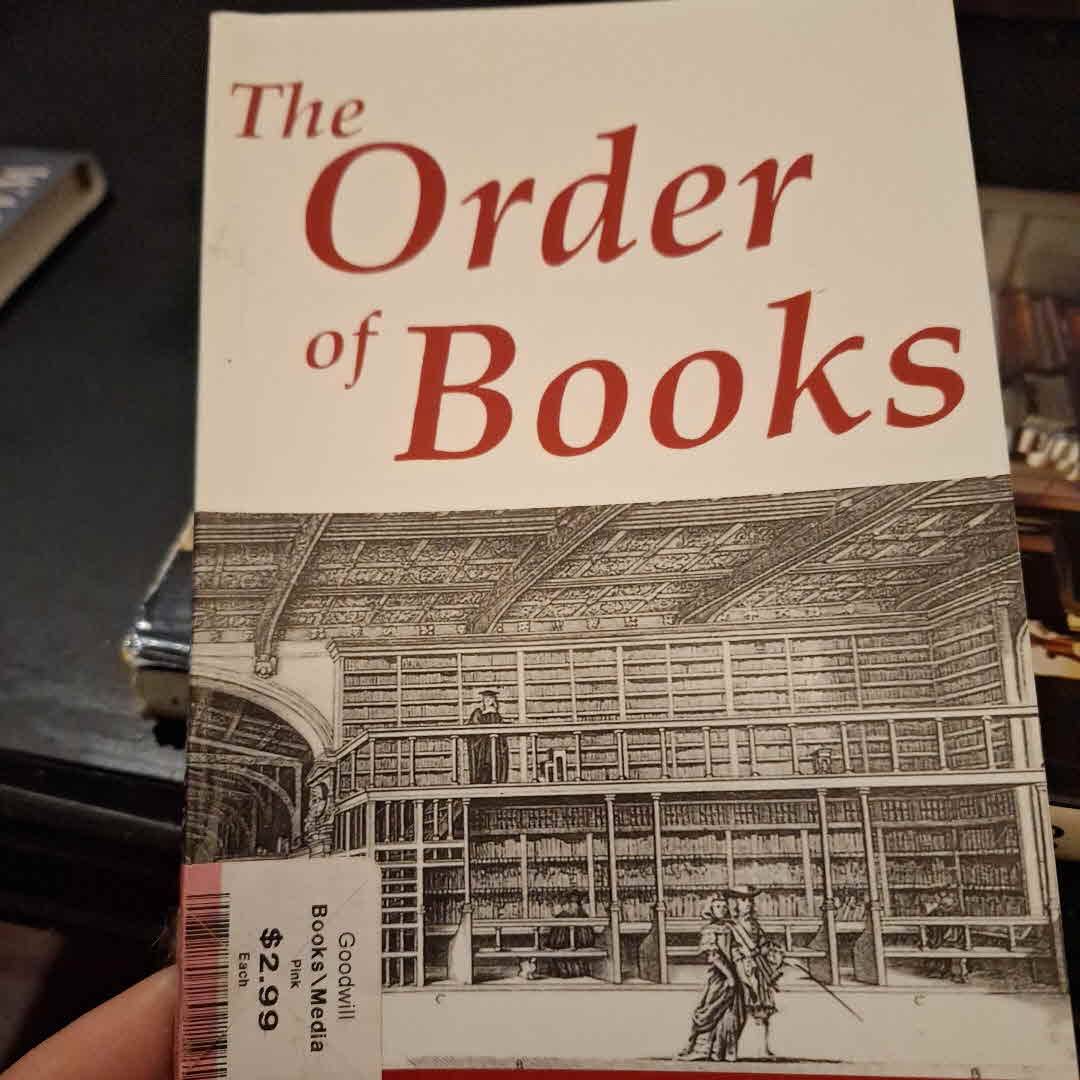
Composed of three essays, this book leans more towards an academic style of reading. It examines the history of organizing and cataloging books, especially it's early stages. Definitely found it to be interesting.
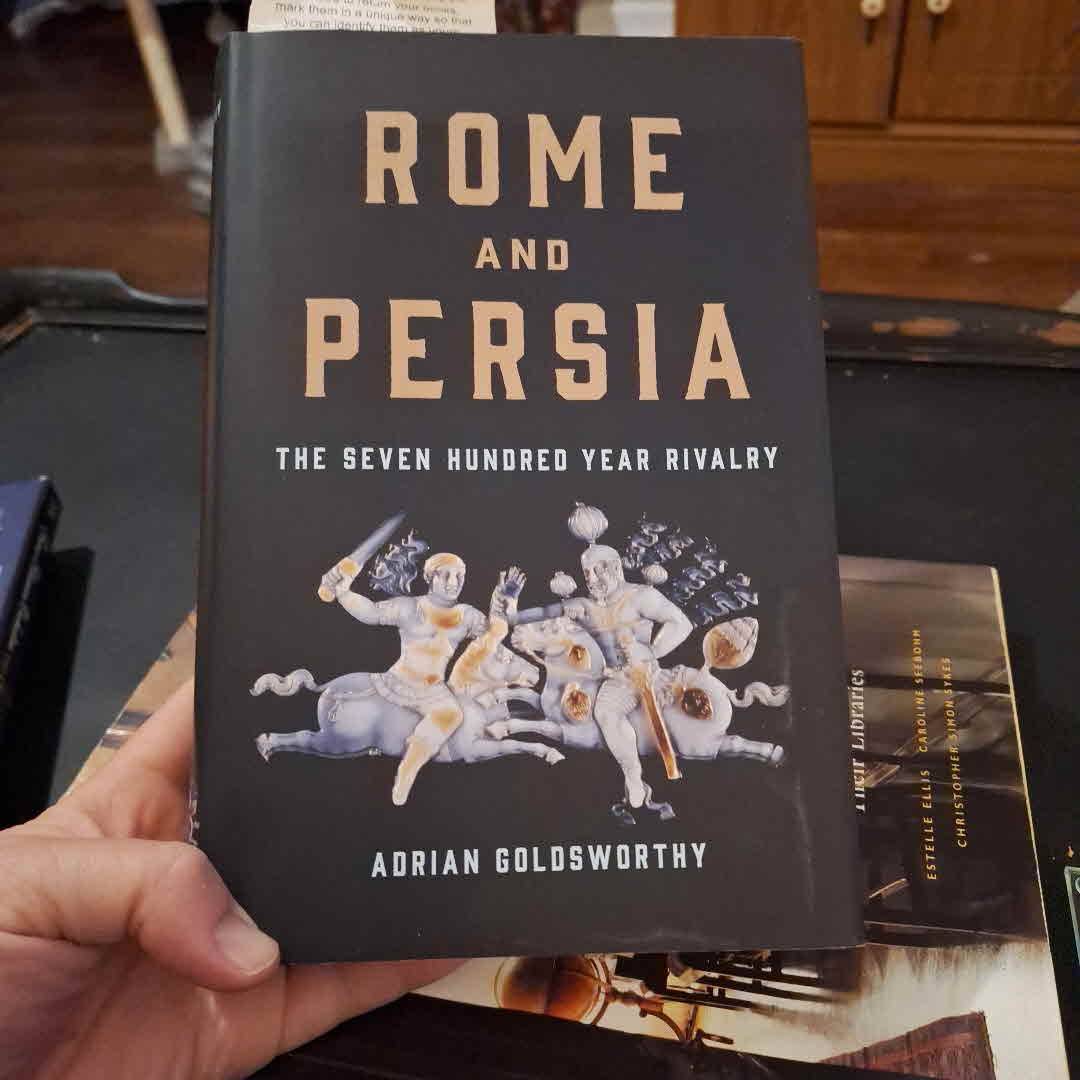
Very interesting book. The author does reasonably well with covering 700 years of history, and balances the histories of Rome and Persia well. Internal history, politics, and the like in each empire are examined, especially how they relate to relations between the two empires. Overall, worth reading.
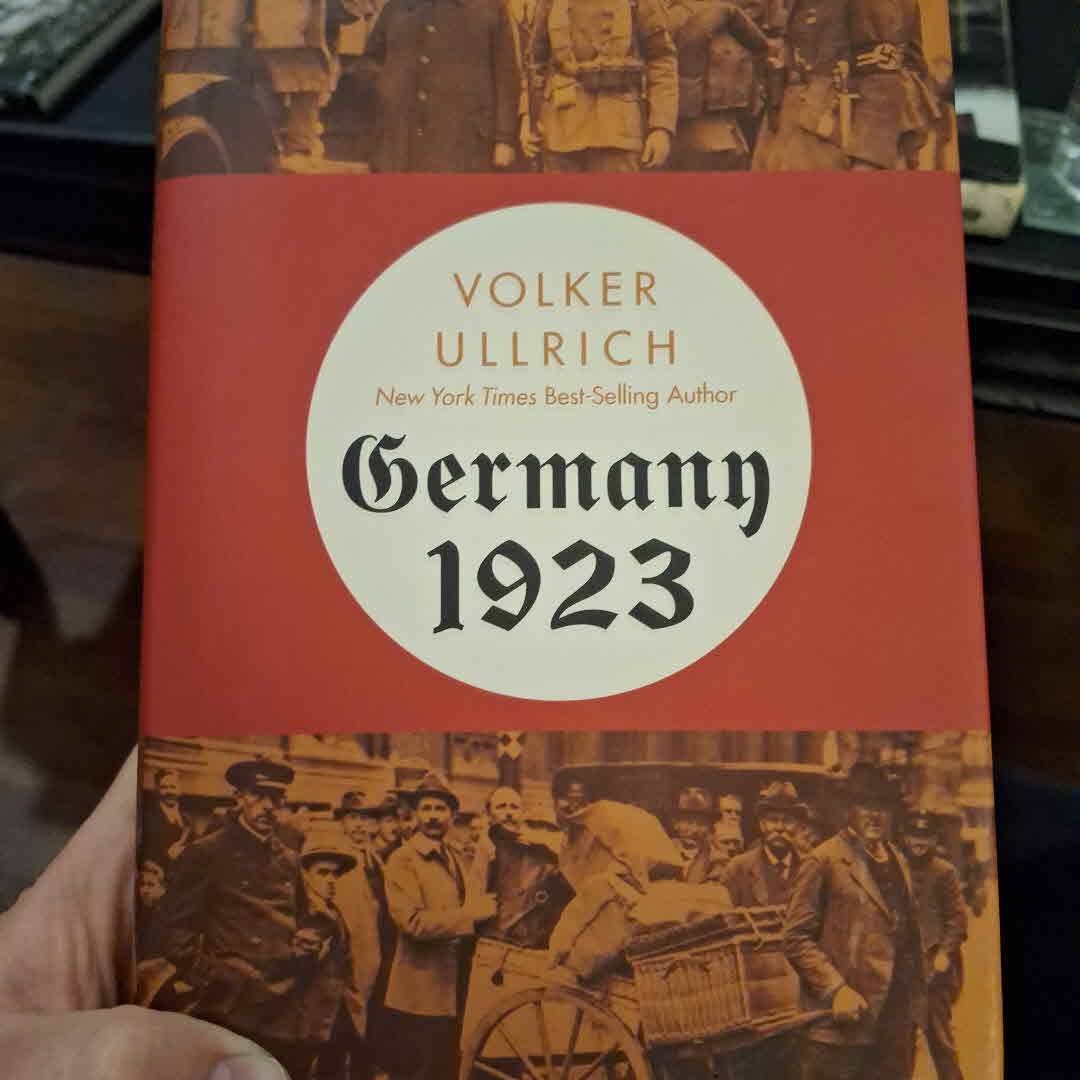
Up next for reading
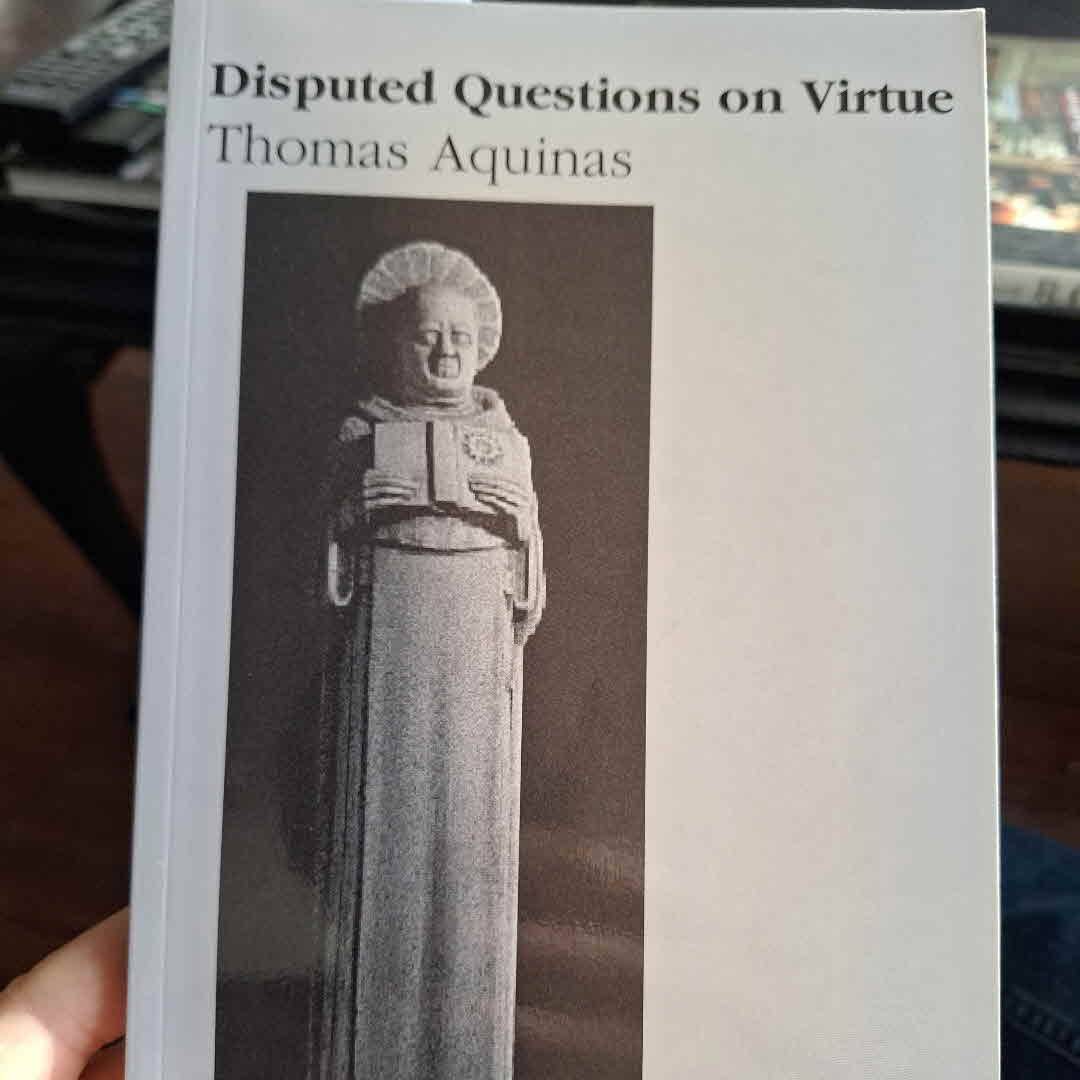
"It should be said that charity is called the whole of virtue not essentially but causally, because charity is the mother of all the virtues."
-St. Thomas Aquinas, "Disputed Questions on Virtue"
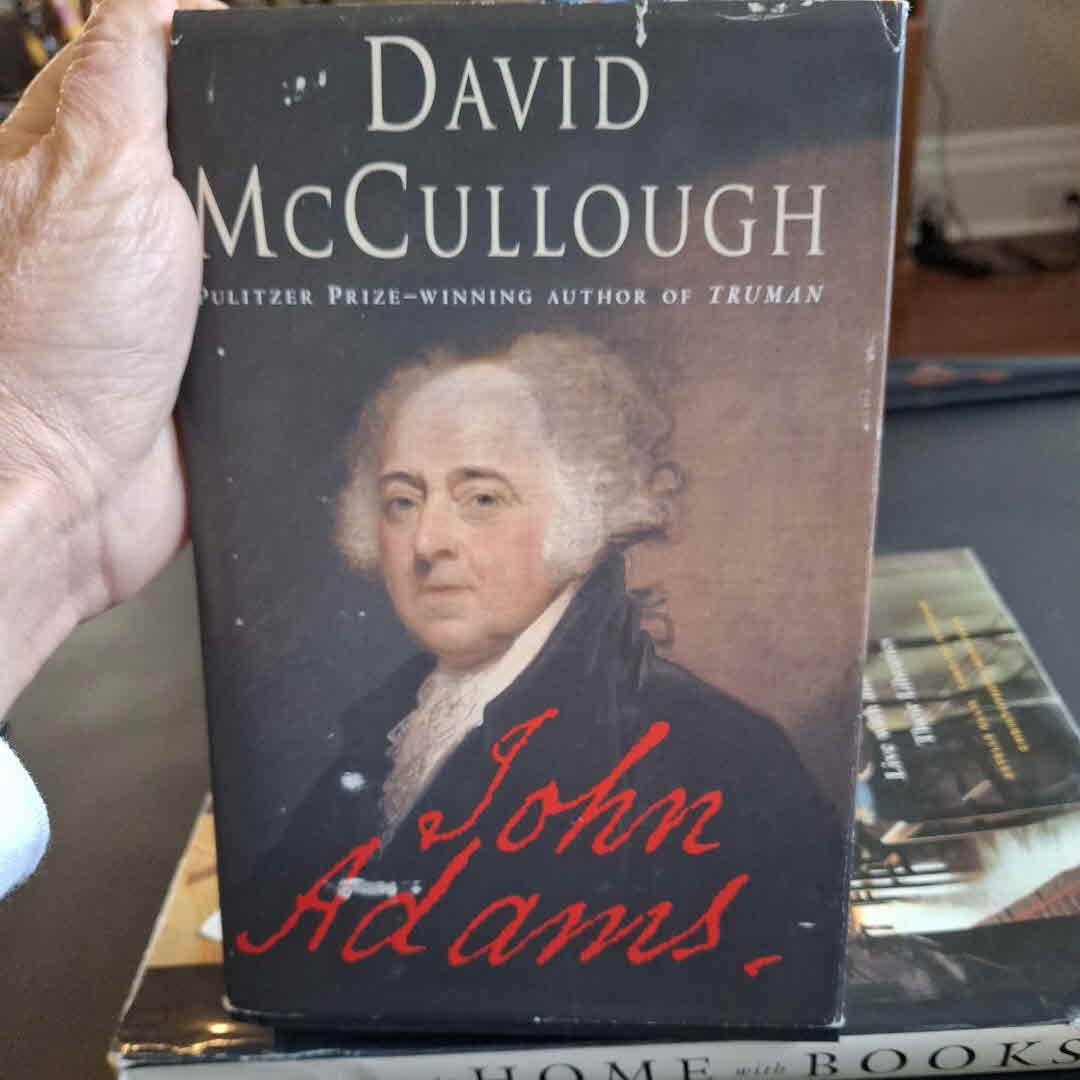
Really enjoyed this. McCullough did a great job at examining the life and career of John Adams. Also well-covered were the relationship between Adams and other historical figures, such as Abigail Adams, Jefferson, and Washington. While it's definitely has a focus on American events, the book does also examine how other world events, such as the French Revolution, affected events in Adams's life. Definitely recommend.
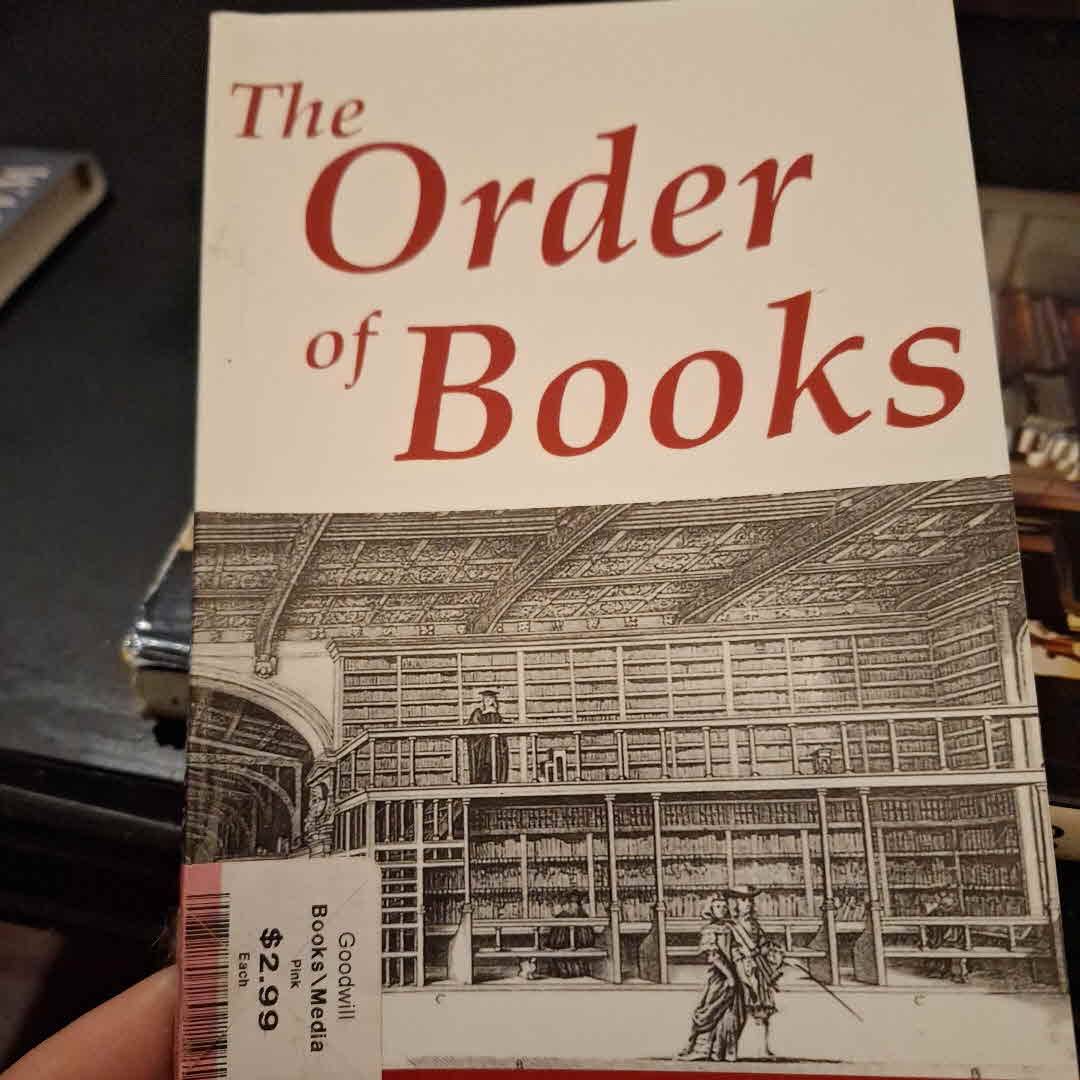
Started reading through this. Another book about books.
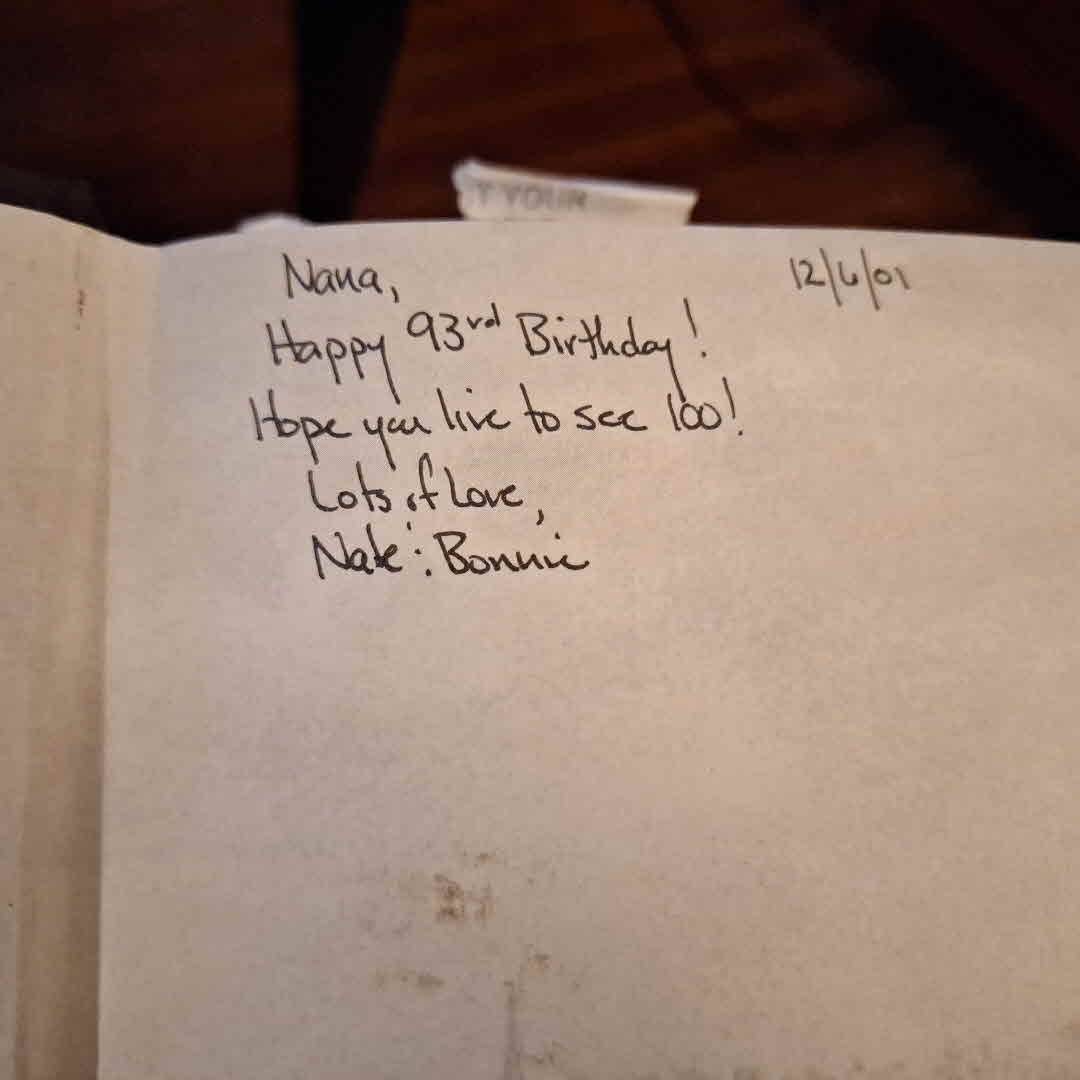
This was written in the book I'm reading now. I have a few books with writing in them indicating they were given as gifts. I find it interesting finding writing and notes in books.
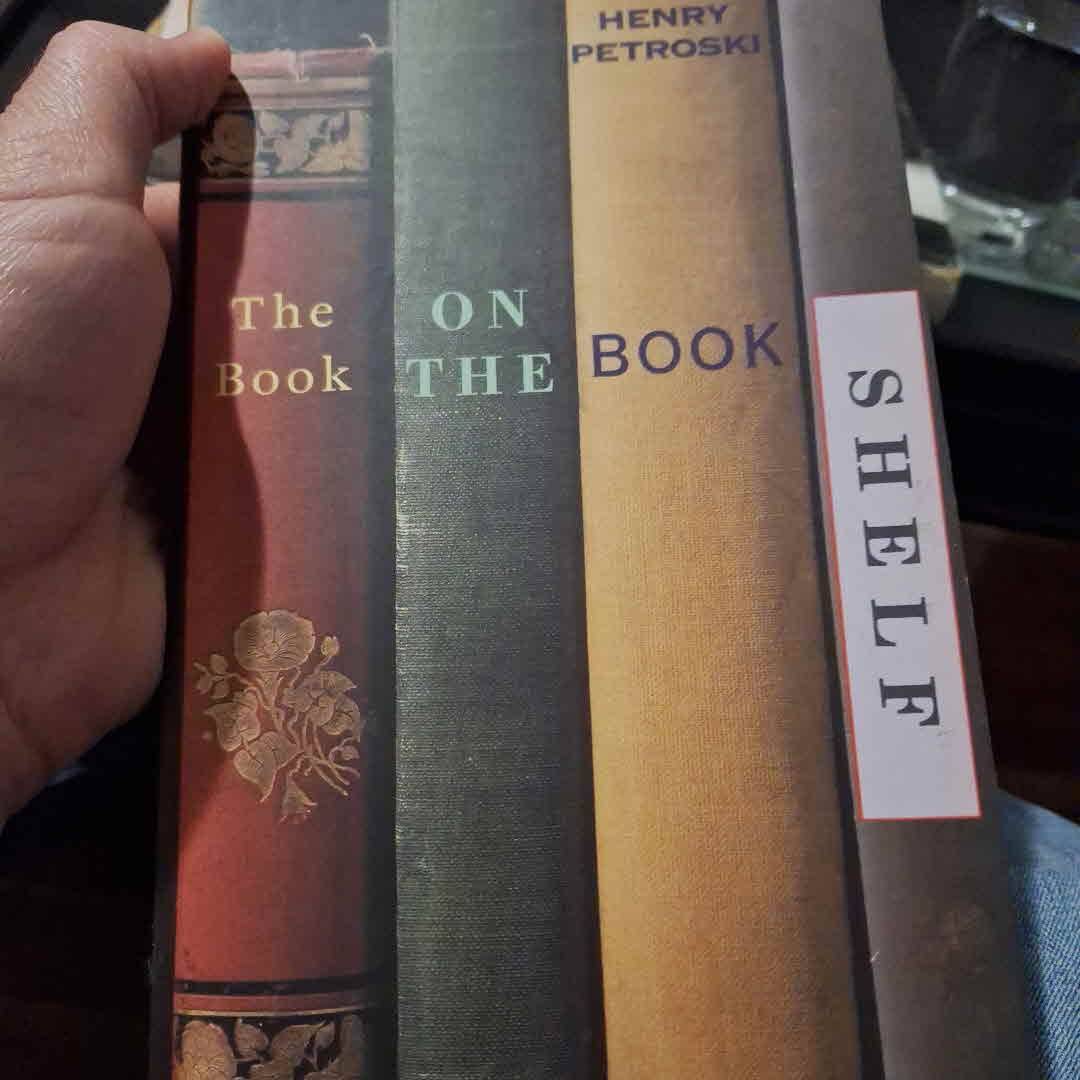
I really enjoyed this book. It's a bit of a niche subject, discussing the history of bookshelves and book storage. However, it's written well enough that it maintains interest. The author mixes some personal experiences with historical references in the book. Overall, definitely recommend.
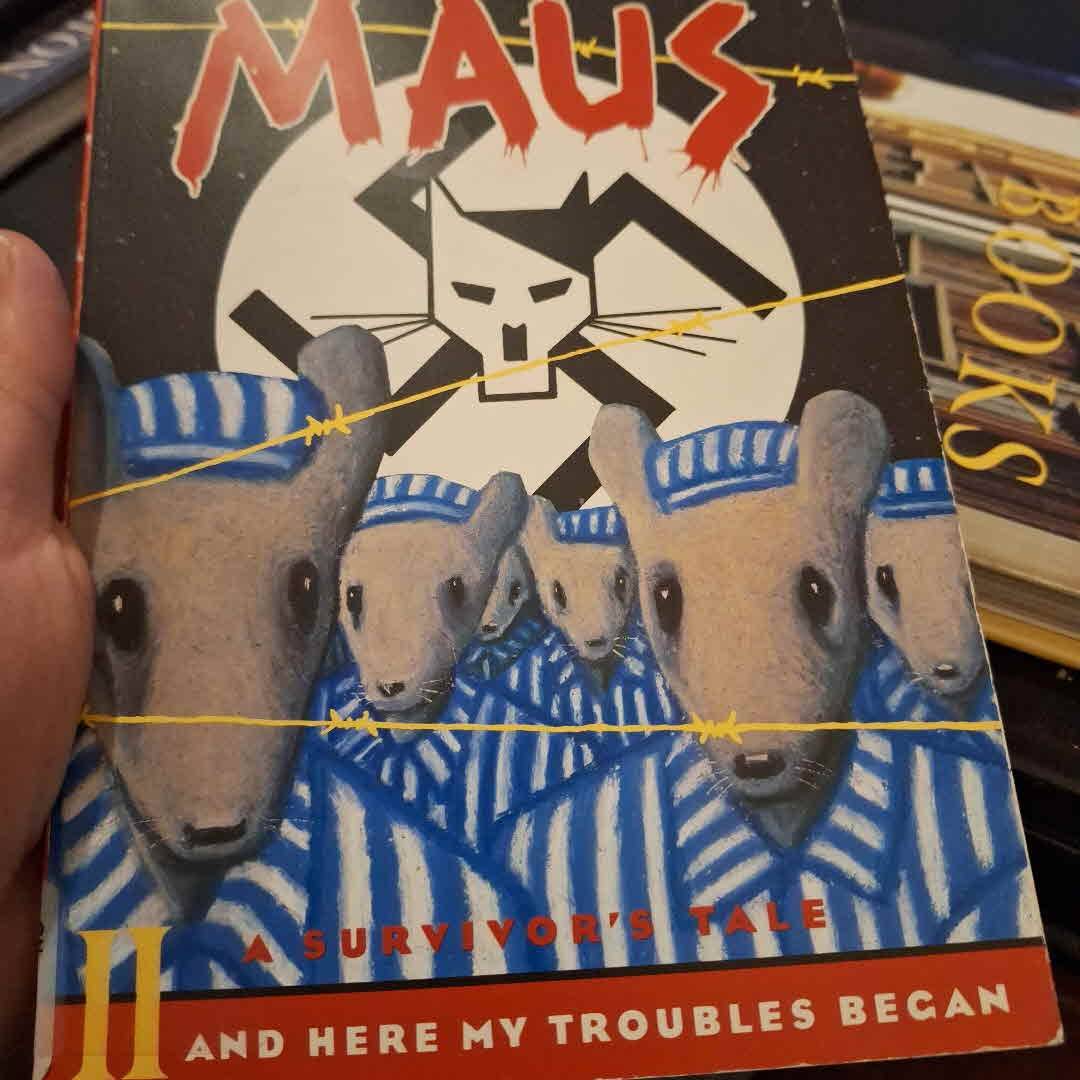
Finished reading part 2. Much like the first part, it helps to personalize the experiences of the Holocaust. It's also interesting to see how the author portrayed the different dynamics between the different family members. Finally, the visual aspect helps alot in the storytelling process.
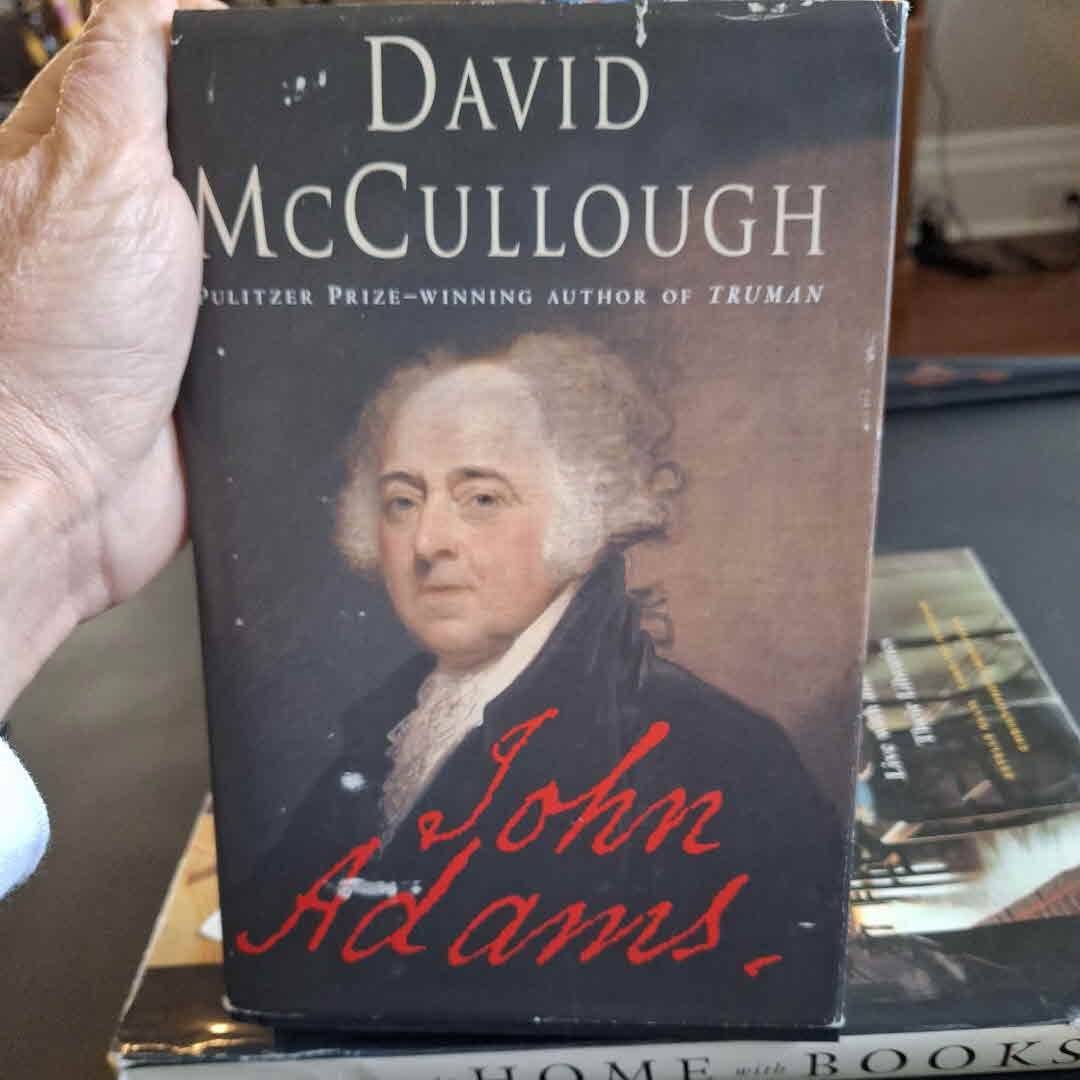
Next up for reading. I remember watching the HBO series several years ago, but never read the book.
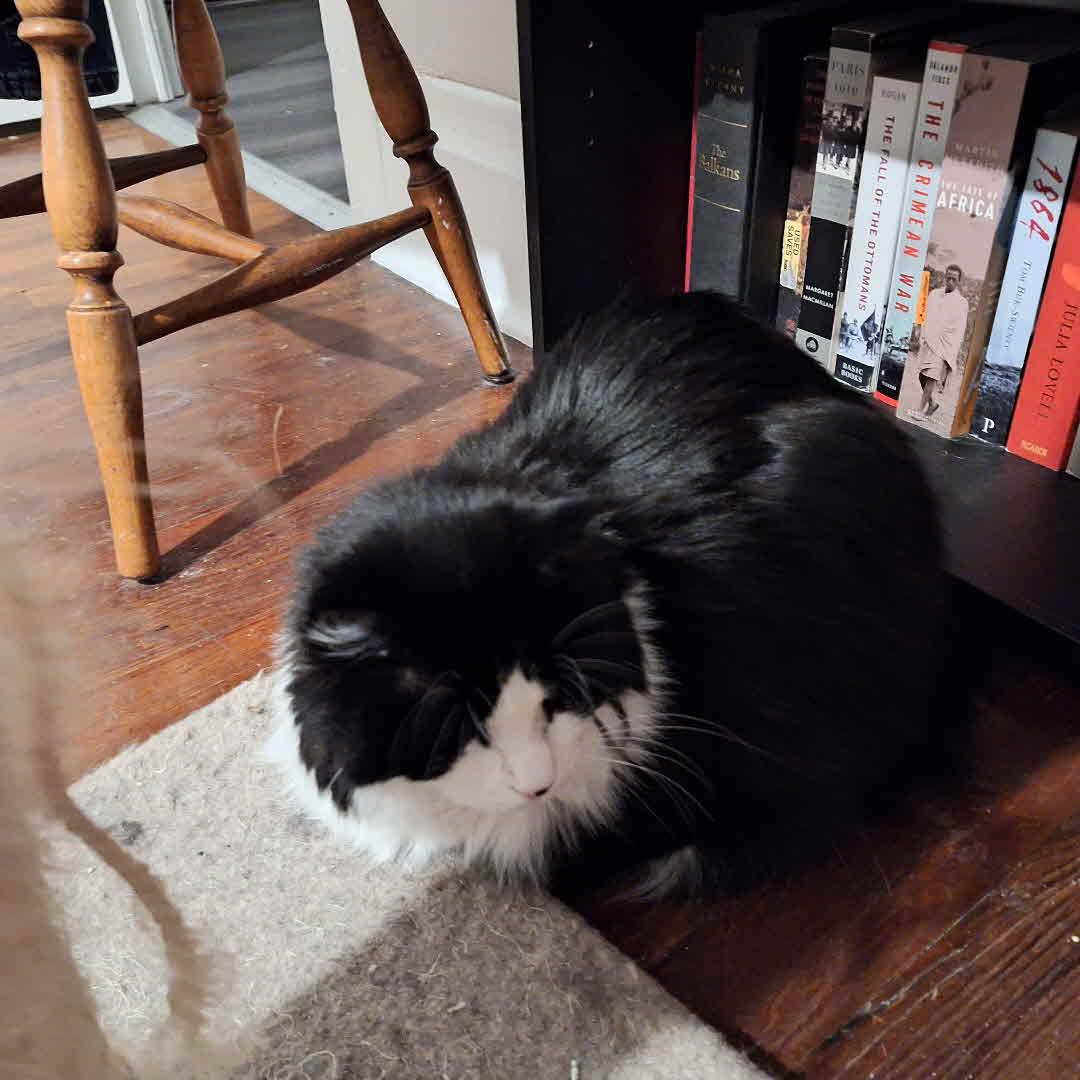
Resting by the books
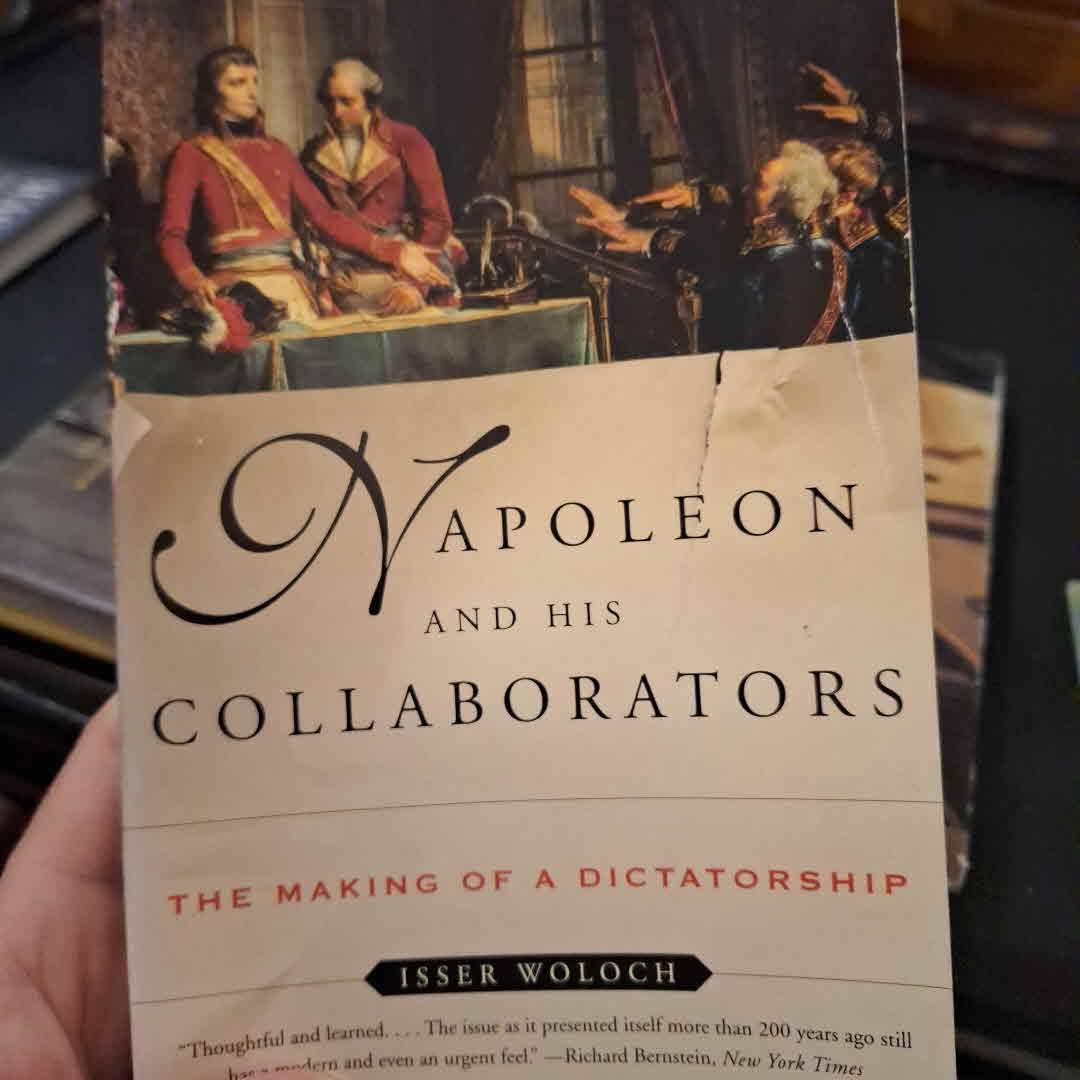
This book examines how Napoleon expanded his authority, through a combination of stretching the limits of the law and constitution, less than legal means, and a blend of intimidation and effective bribery. The book also examines various people who helped facilitate Napoleon's rise to power. Overall, definitely recommend.
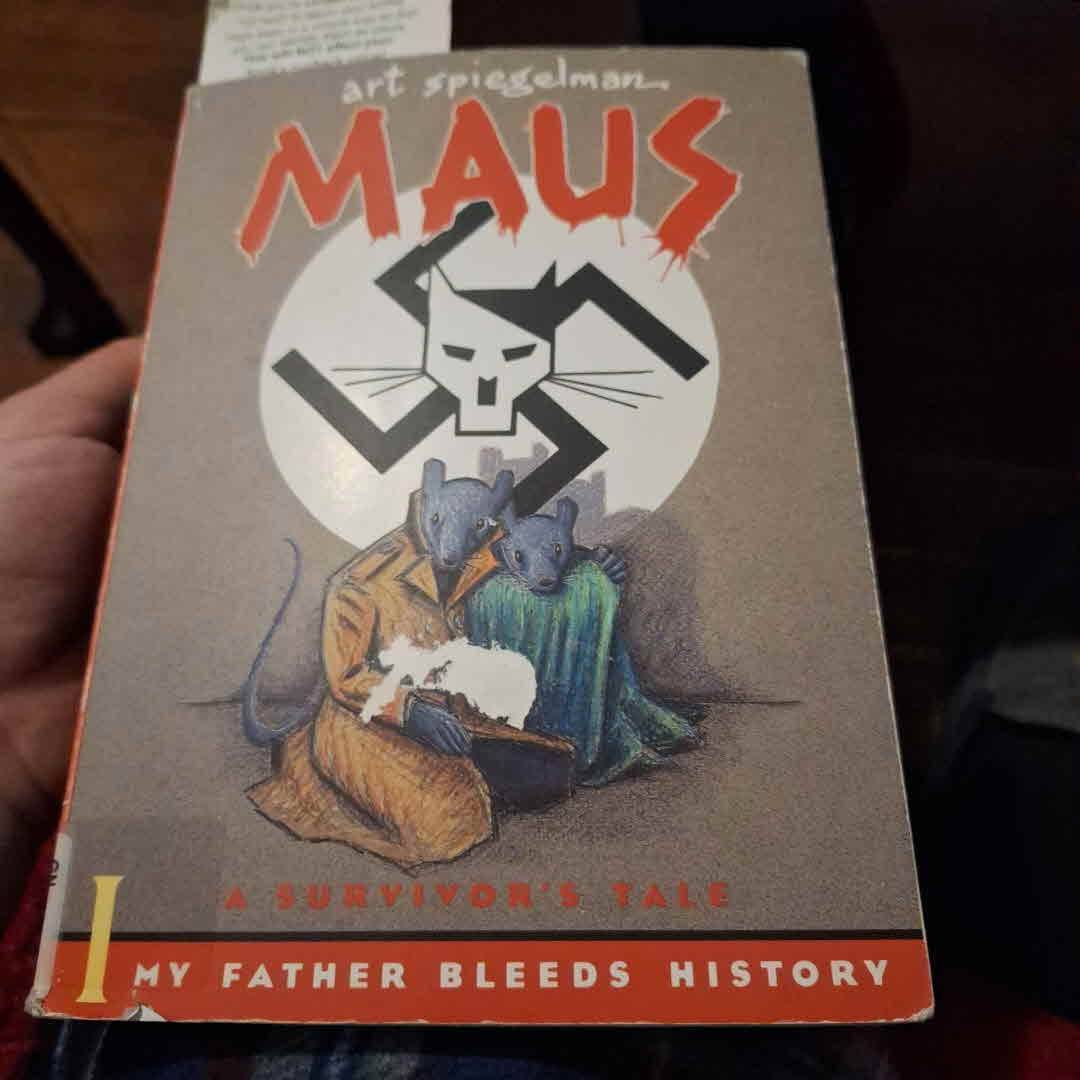
Very interesting book. I thought the author did an excellent job in portraying his father's experiences, as well as the different dynamics in his family. The graphic novel format also helped with the portrayal. Definitely worth reading.
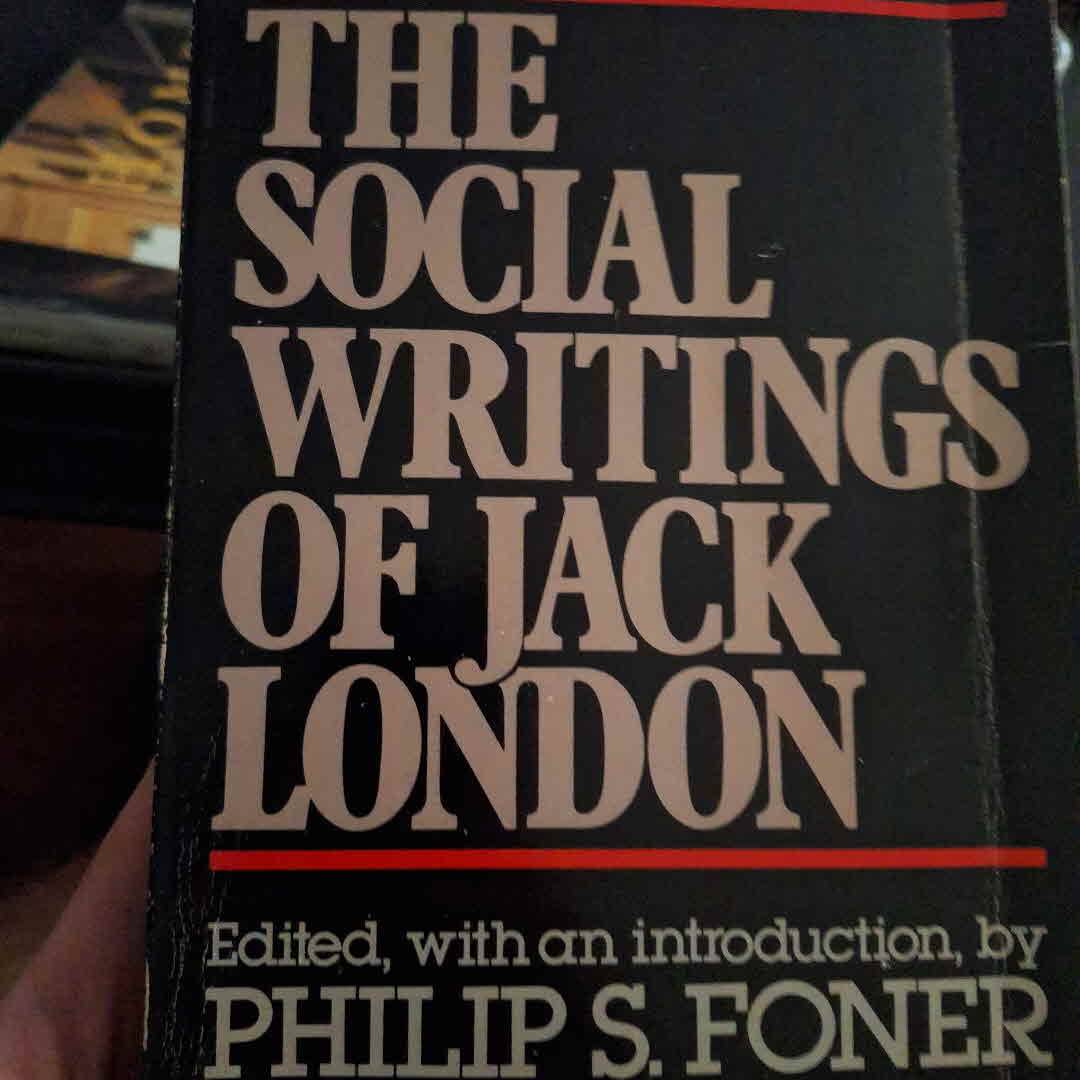
Overall, definitely recommend. This book includes a biography written by Philip Foner, which was helpful in providing context for the works included. London's included works varied a little in quality, but tended towards the better end. His autobiographical works were very interesting, seeing his life through his eyes. Also, I found his review of Upton Sinclair's "The Jungle" interesting, having read the book before.
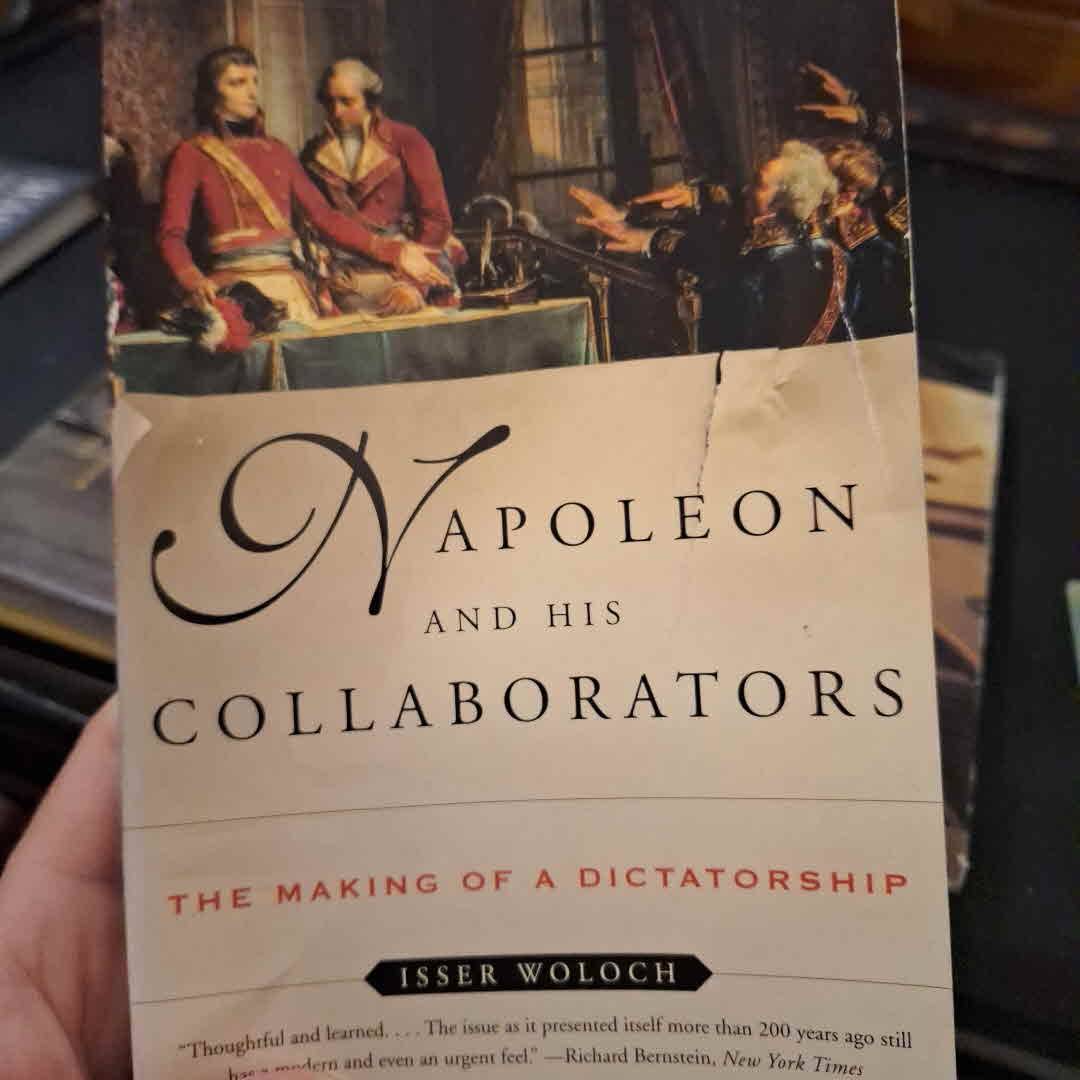
Next up for reading.
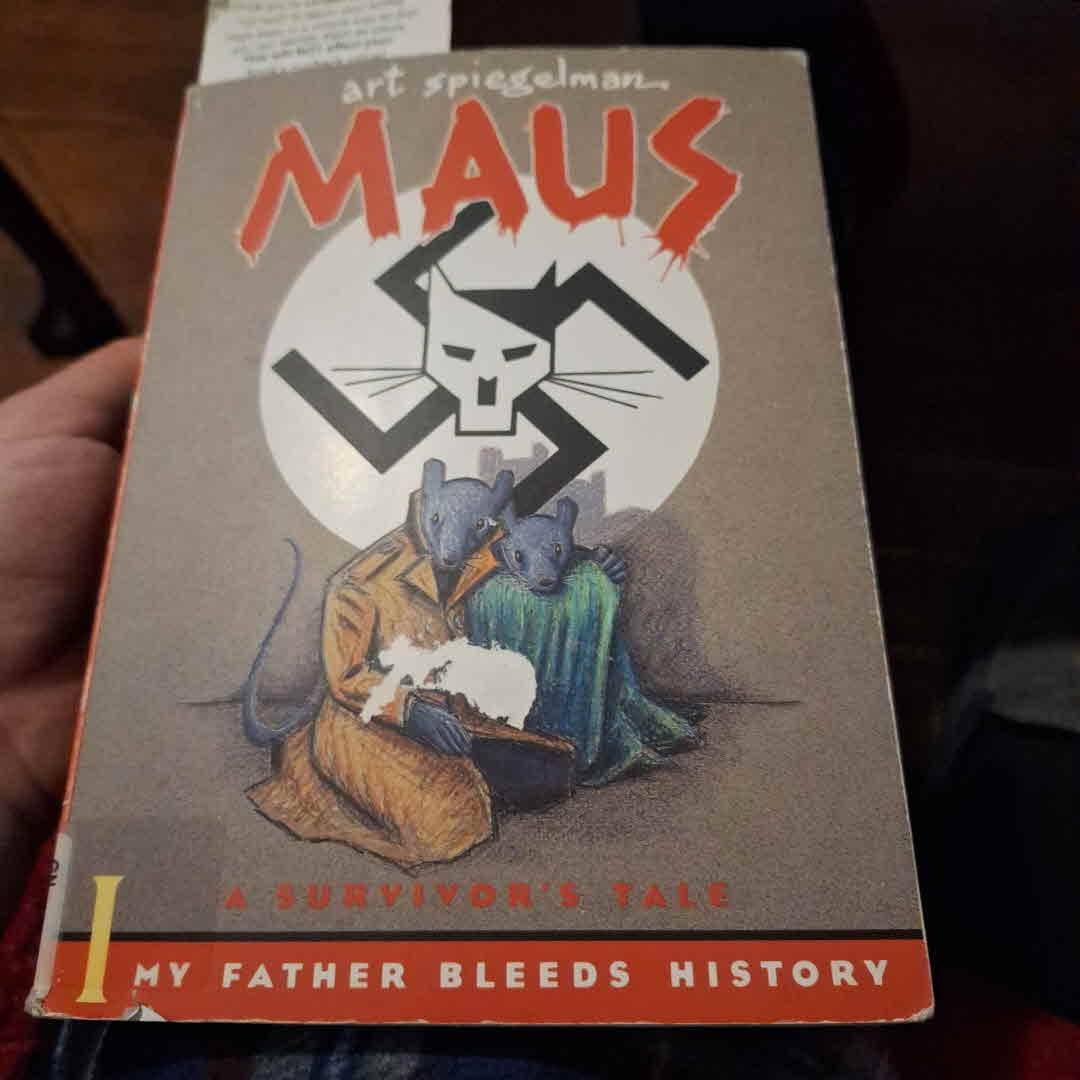
Borrowed this from my local library to read through. Thanks to @Awk_Word_Smith for the recommendation.
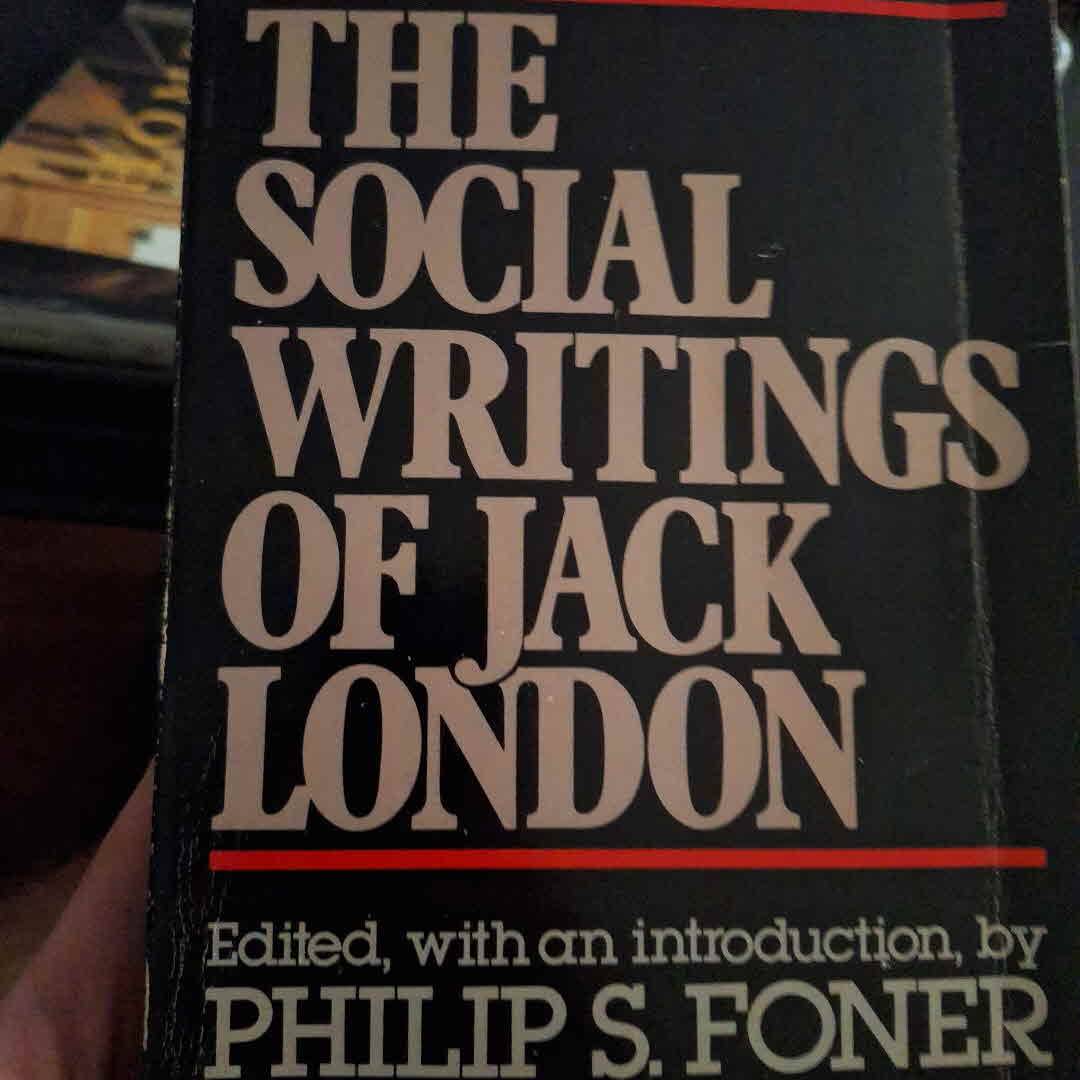
"Congress and the Senate were empty pretences, farces. Public questions were gravely debated and passed upon according to the old forms, while in reality all that was done to give the stamp of constitutional procedure to the mandate of the Oligarchy."
-Jack London, "The Iron Heel"
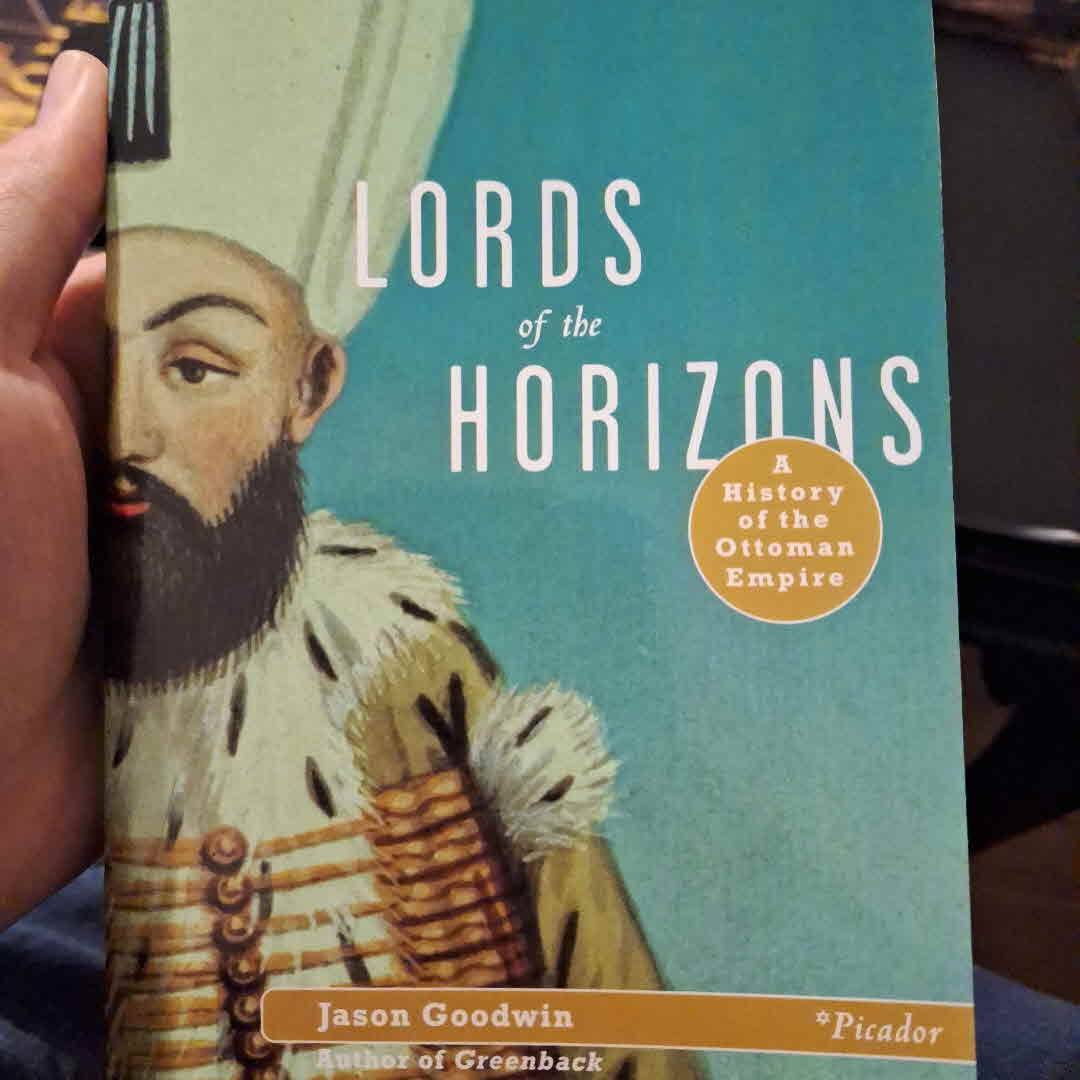
This book was ok as an introduction to or broad overview of Ottoman history. However, it jumped around alot, such as to different time periods, topics, and such. Generally, it seemed to try to cover too much in too short of a book.
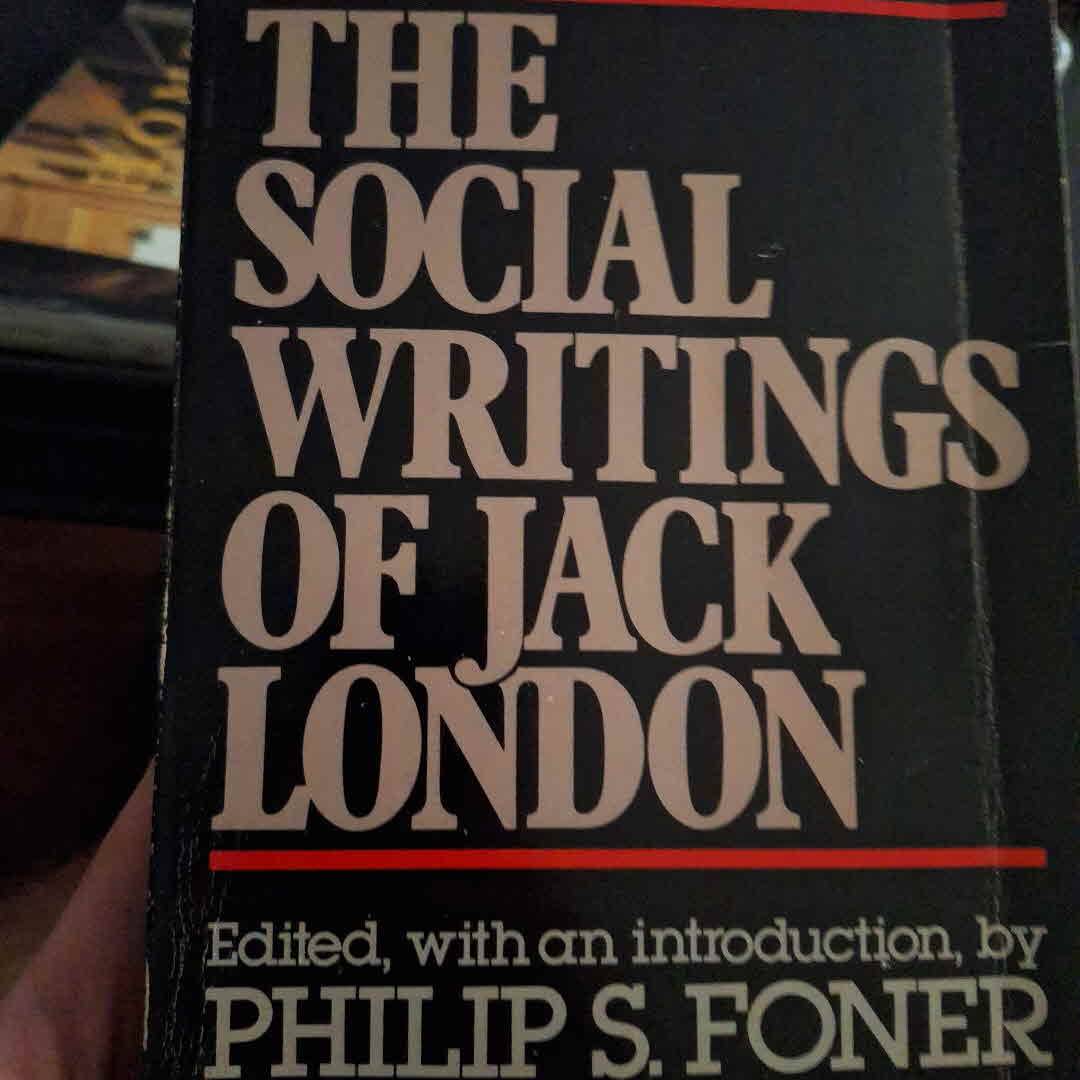
Next up for reading. I got this at a book store a while ago. Finally getting around to reading it.
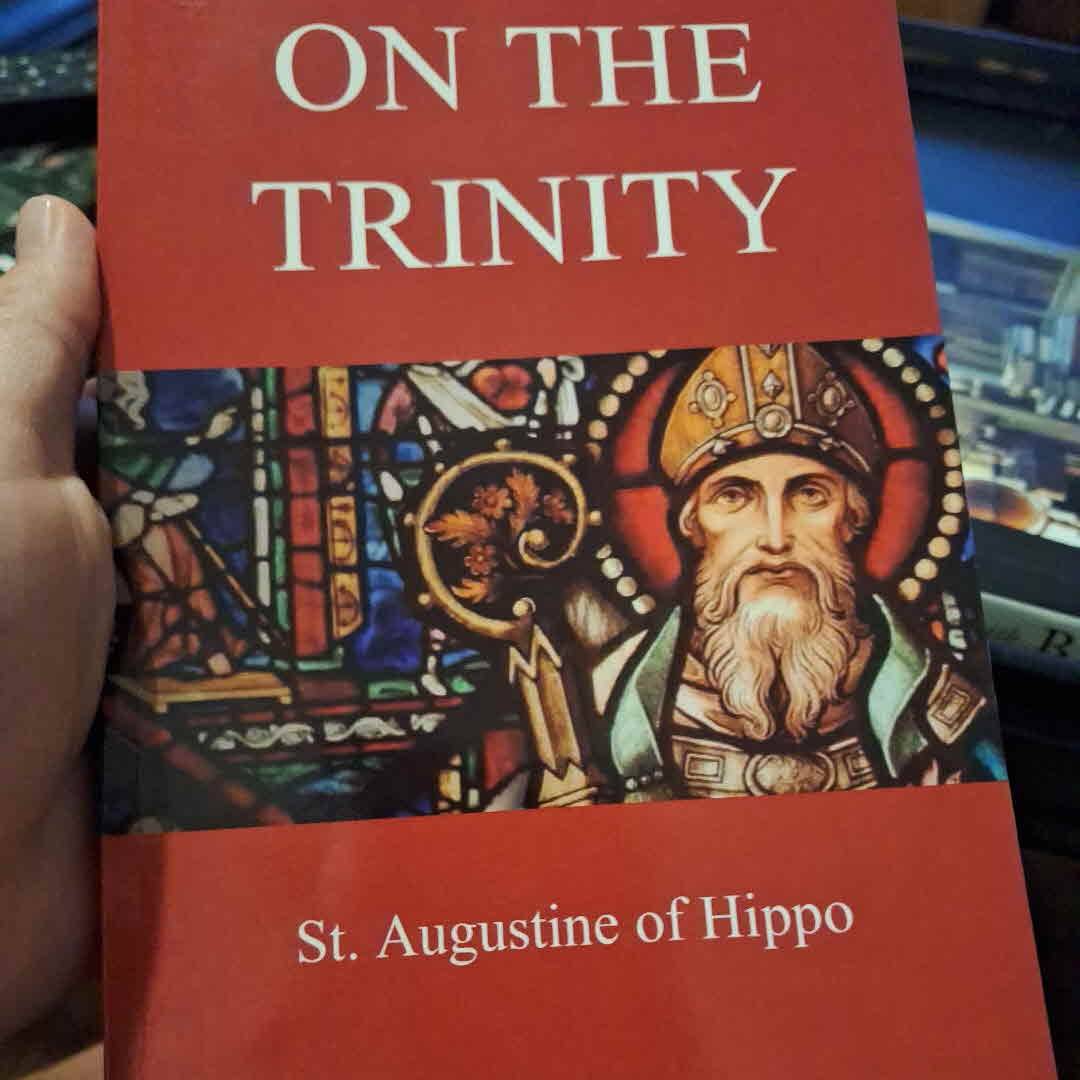
"And if an enemy reviles, he must be borne with: but a friend, if he errs, must be taught; if he teaches, listened to. But if one who errs praises you, he confirms your error; if one who flatters, he seduces you into error."
-St. Augustine of Hippo, "On the Trinity"
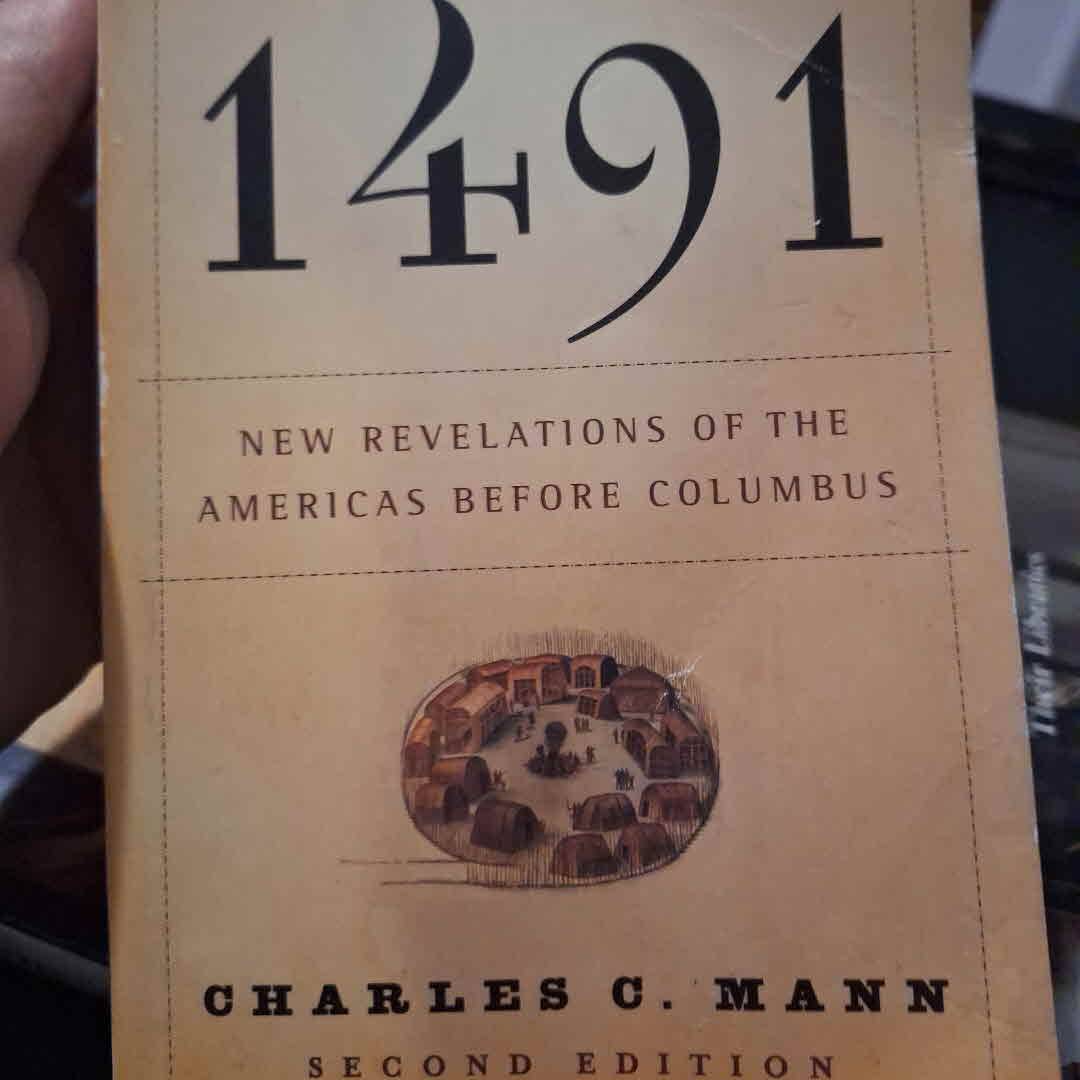
Very interesting. The author discusses several features of Pre-Columbian societies, such as cultural practices, government structures, monumental architecture, writing, and agricultural practices. He also discusses theories behind when and how indigenous people arrived in America, potential population size before European arrival, and ideas as to why diseases brought by European explorers were so devastating to indigenous people. Worth reading.
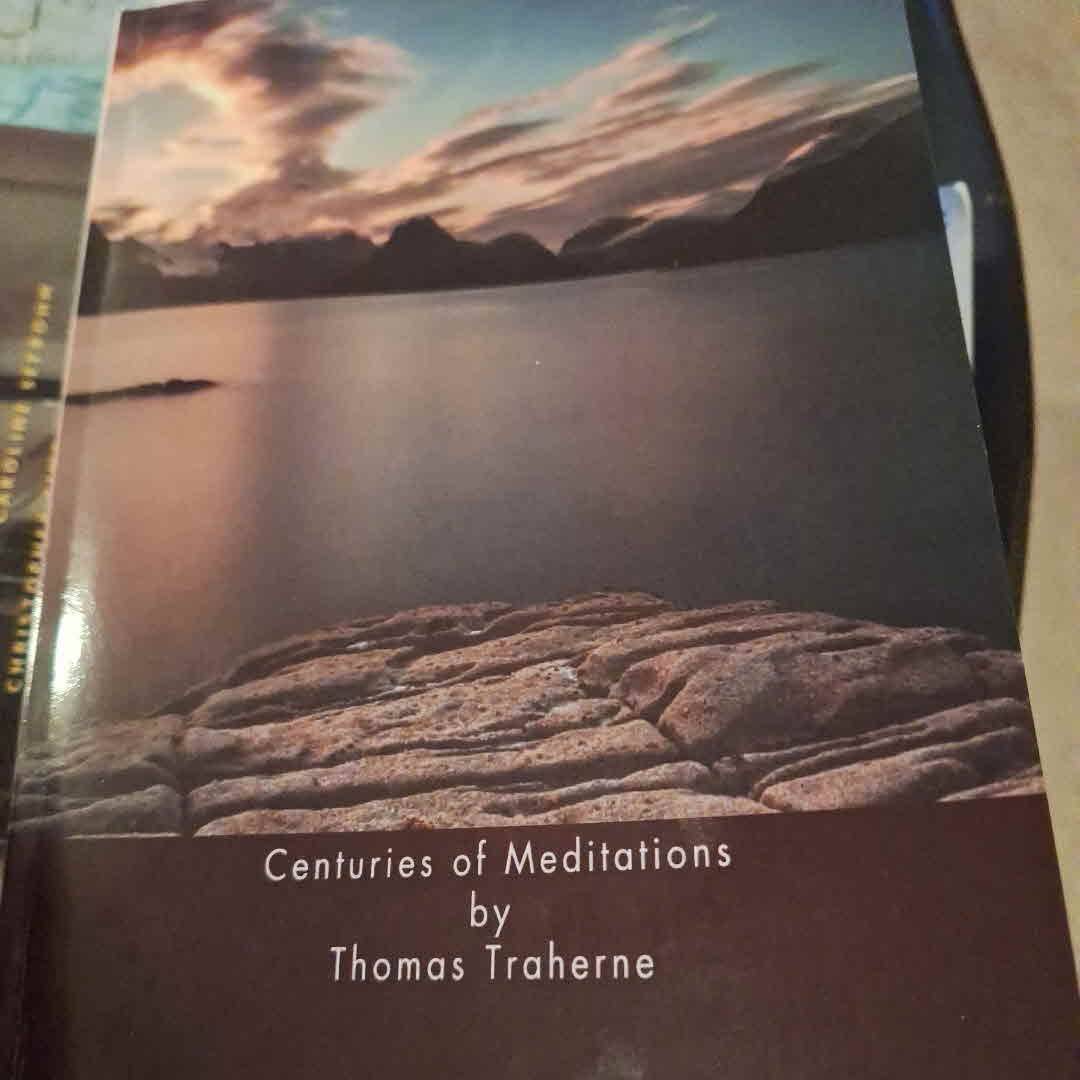
"When you love men, the world quickly becometh yours: and yourself become a greater treasure than the world is. For all their persons are your treasures, and all the things in Heaven and Earth that serve them, are yours. For those are the riches of Love, which minister to its Object."
-Thomas Traherne, "Centuries of Meditations"
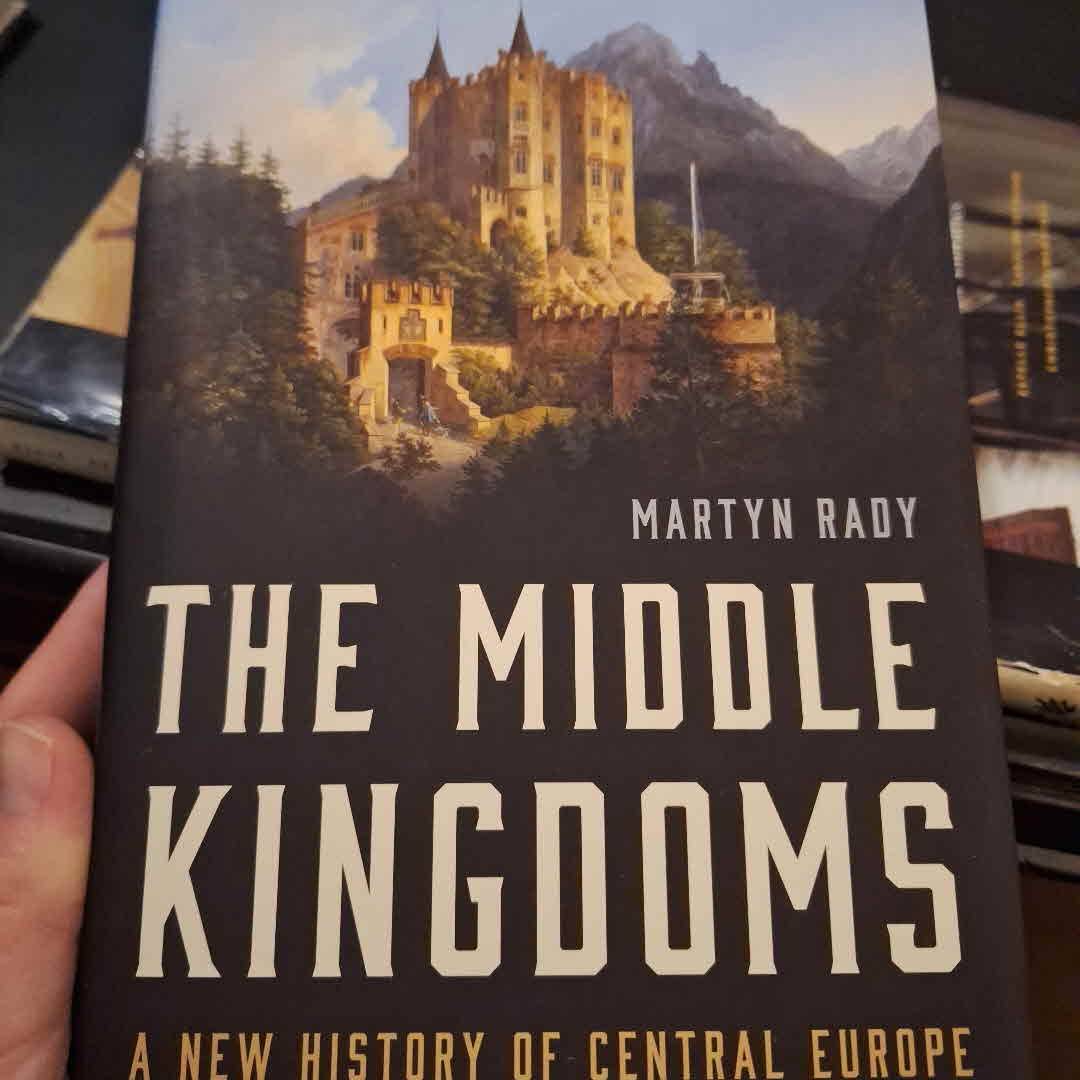
Very interesting book. The author does a reasonably good job at covering the history of Central Europe from around the Roman Empire until after the Cold War. The different topics are covered in a more broad manner, so some areas don't receive a very in-depth look. However, the book can still serve as a good introduction for those interested in Central European history.
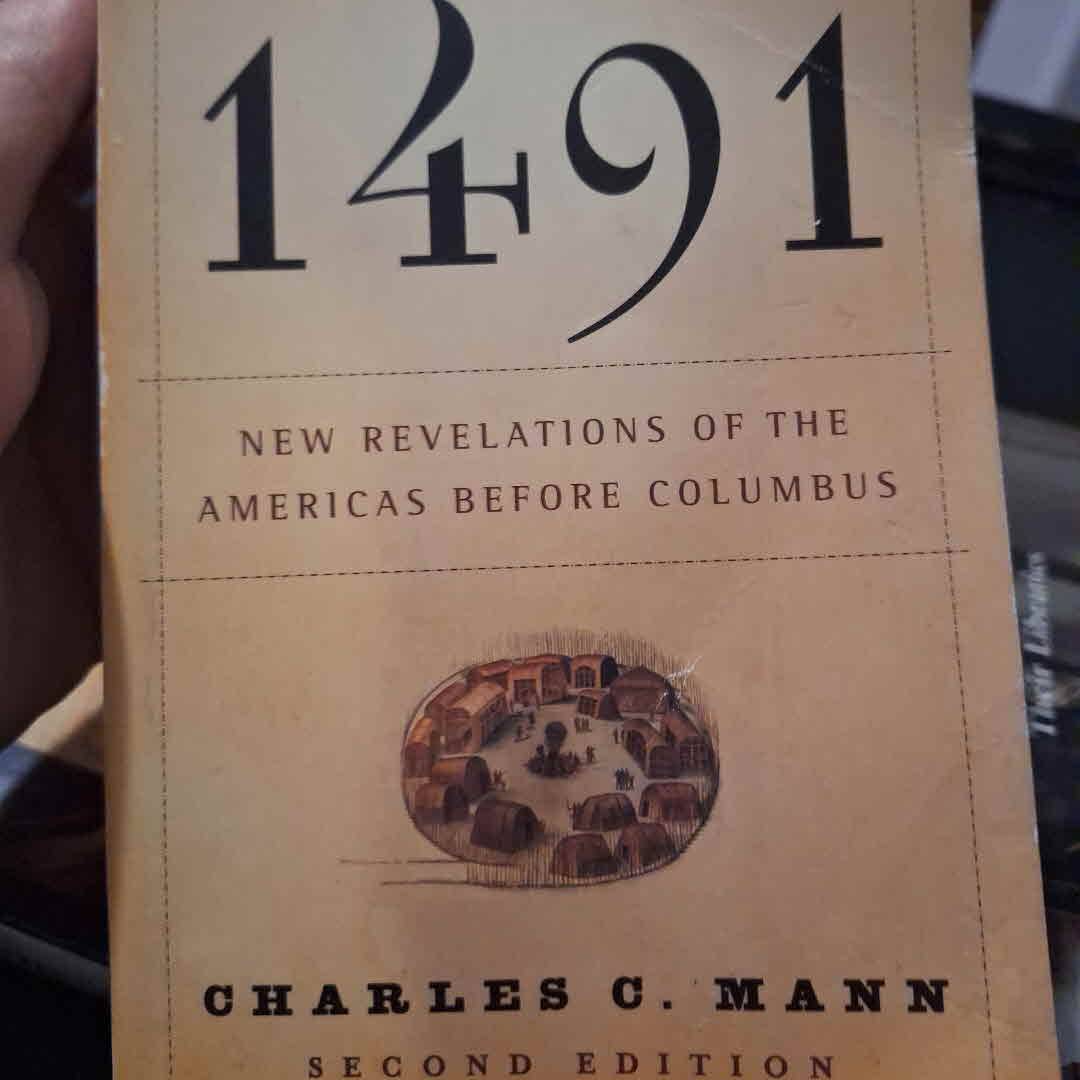
Next up for reading
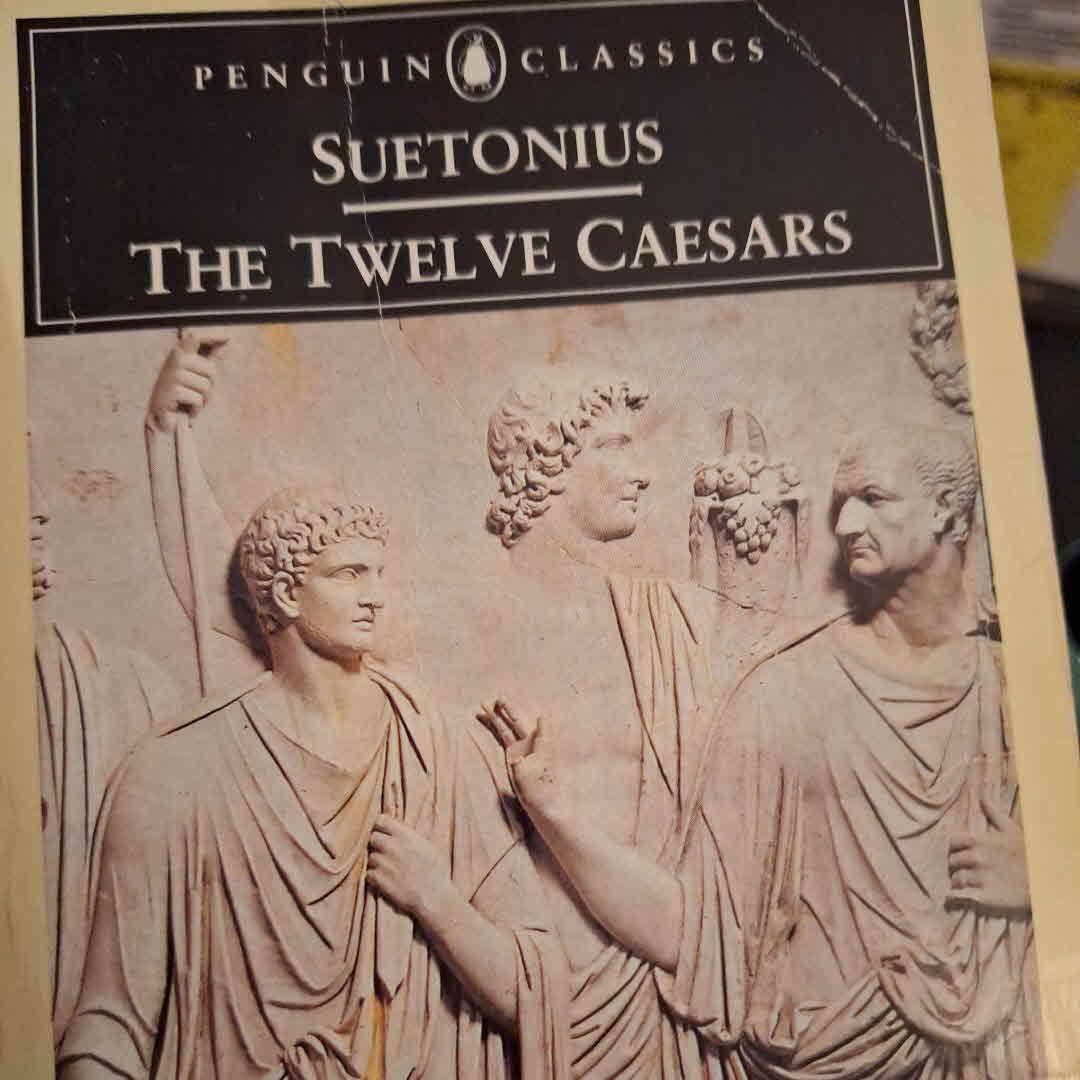
I really enjoyed this. I found it to be a good translation. Additionally, a good amount of helpful footnotes were provided, explaining things like dates, family relations, and other similar information. Additionally, Suetonius seemed to be relatively balanced in his writing, such as providing different explanations and stories when there was conflicting information.
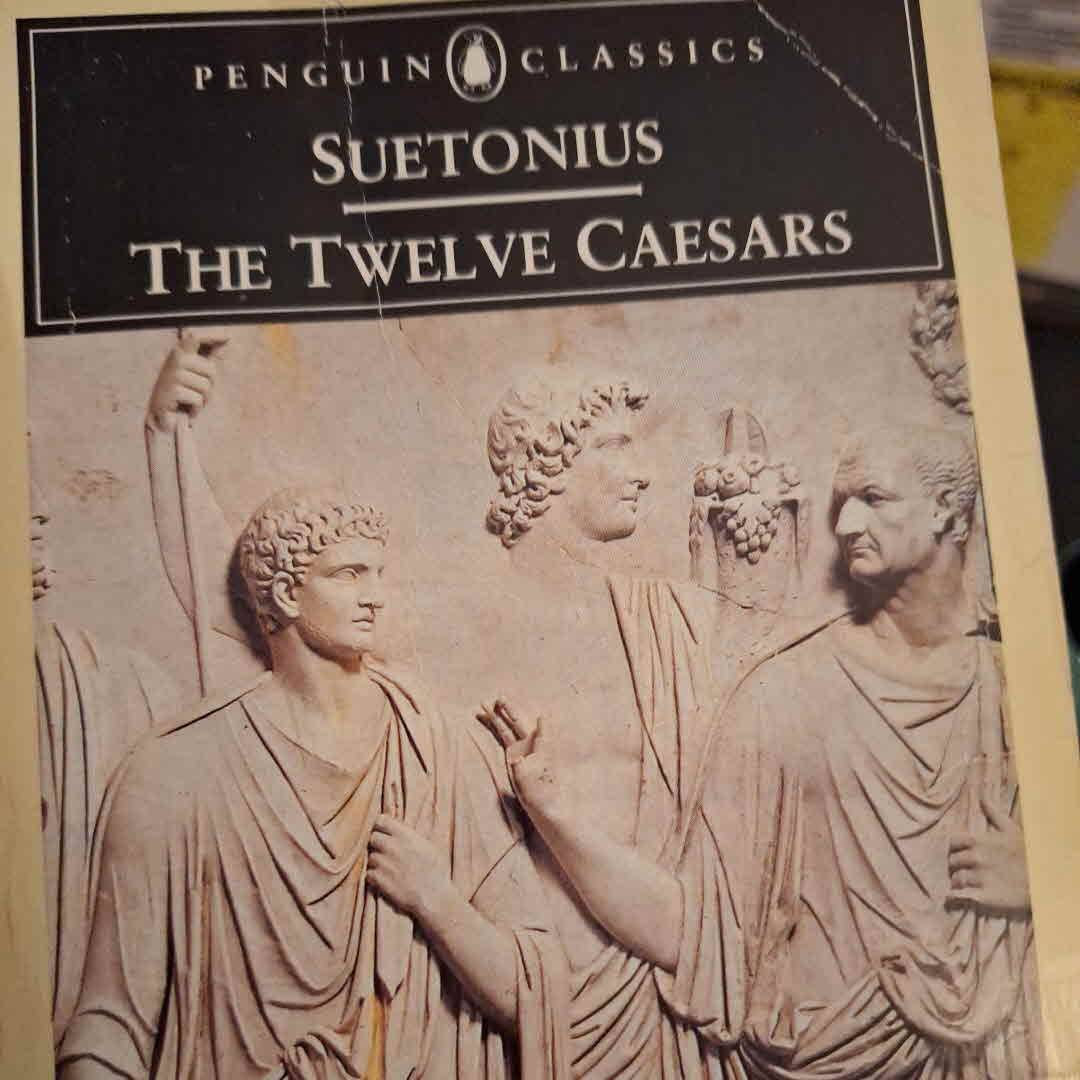
"And if it came to his ears that influence was being used to acquit a criminal in some court or other, he would suddenly appear and address the jury either from the floor or the tribunal; asking them to remember the sanctity of the Law and their oath to uphold it, and the serious nature of the crime on which their verdict was required."
-Suetonius, "The Twelve Caesars"
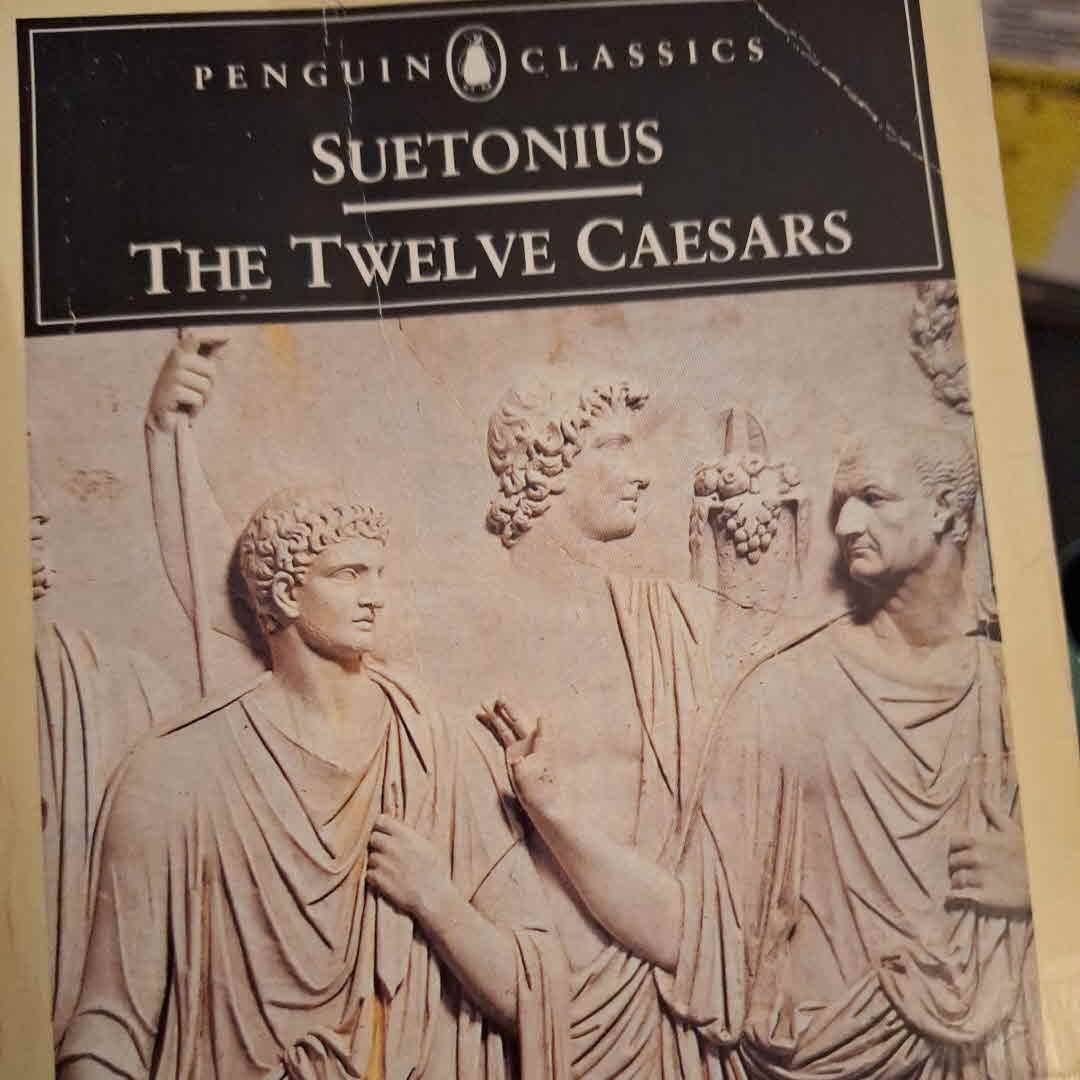
"So long as my wits do not fail me, you can count on the consistency of my behavior; but I should not like you to set the precedent of binding yourselves to approve a man's every action; for what if something happened to alter that man's behavior?"
-Suetonius, "The Twelve Caesars"
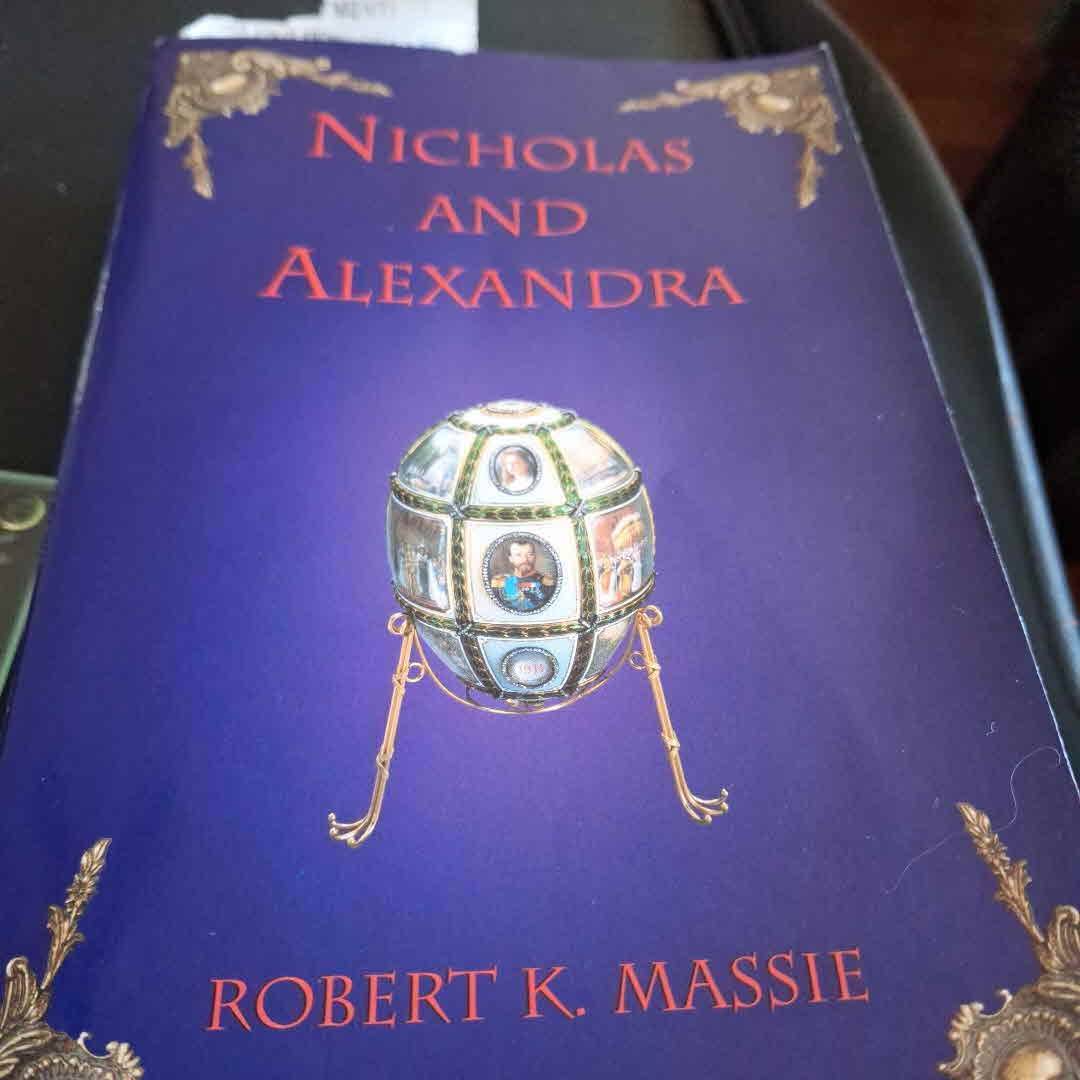
Very interesting and informative. Massie wrote in a very engaging and readable manner. The book did an excellent job at examining the Romanov family, and how they both influenced and were influenced by the different factors leading up to the Russian Revolution.
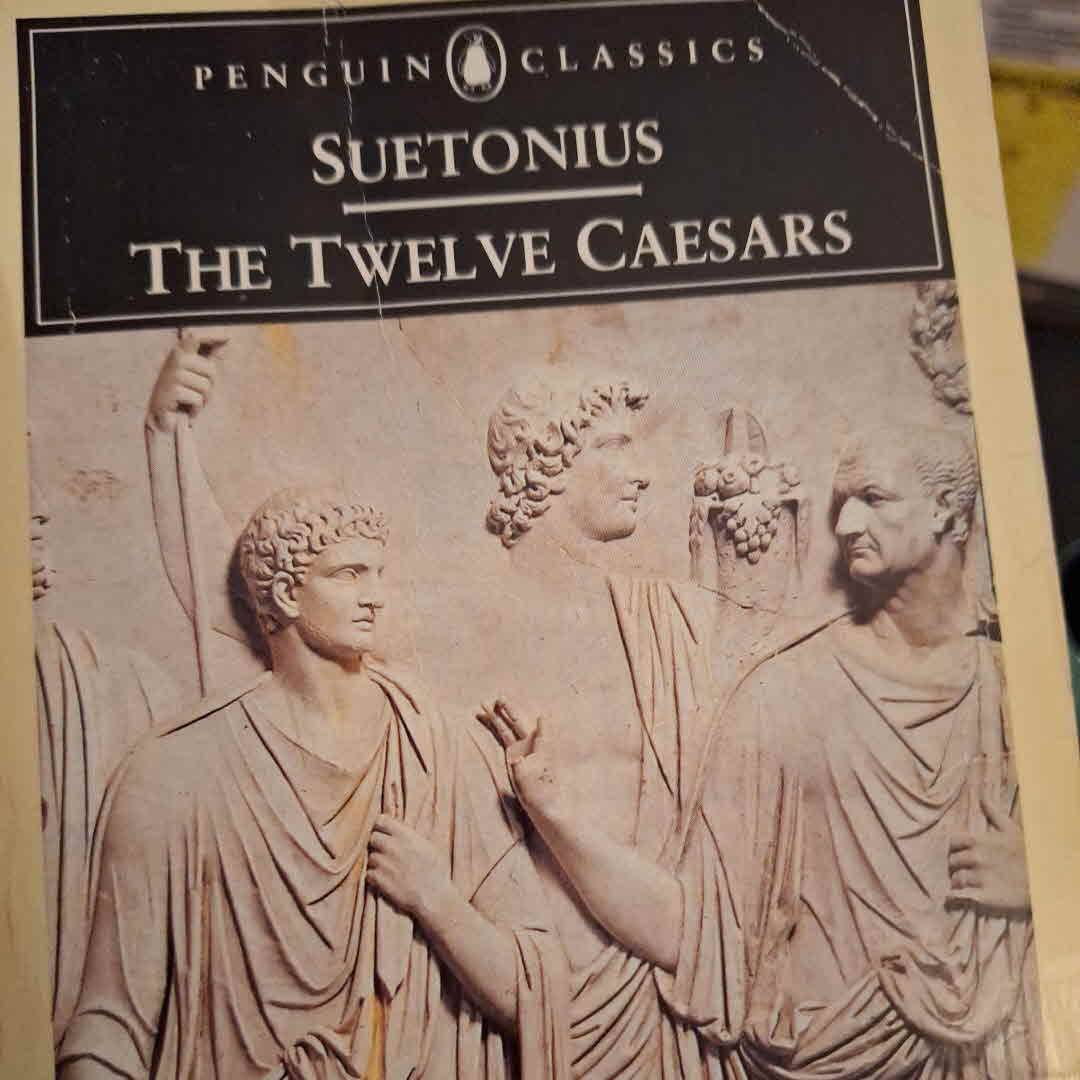
Up next for reading

Interesting historical foreshadowing. Alexandra, wife of Tsar Nicholas II, stayed in Marie Antoinette's rooms at Versailles.
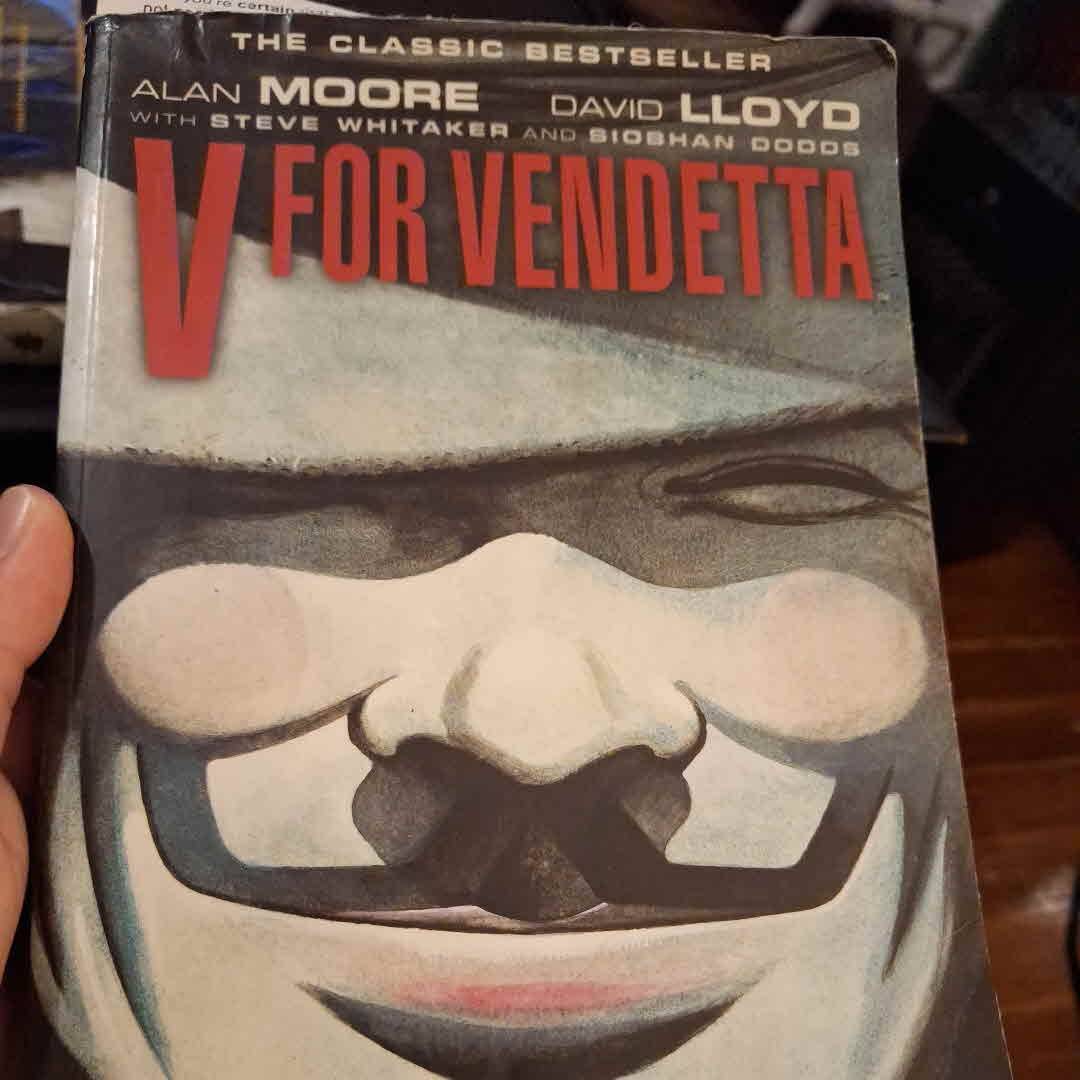
Very interesting book. I did struggle with reading it on its own without constantly comparing it to the movie. However, it was interesting to see the similarities and differences. Overall, I did like the book, and found it to be thought provoking.
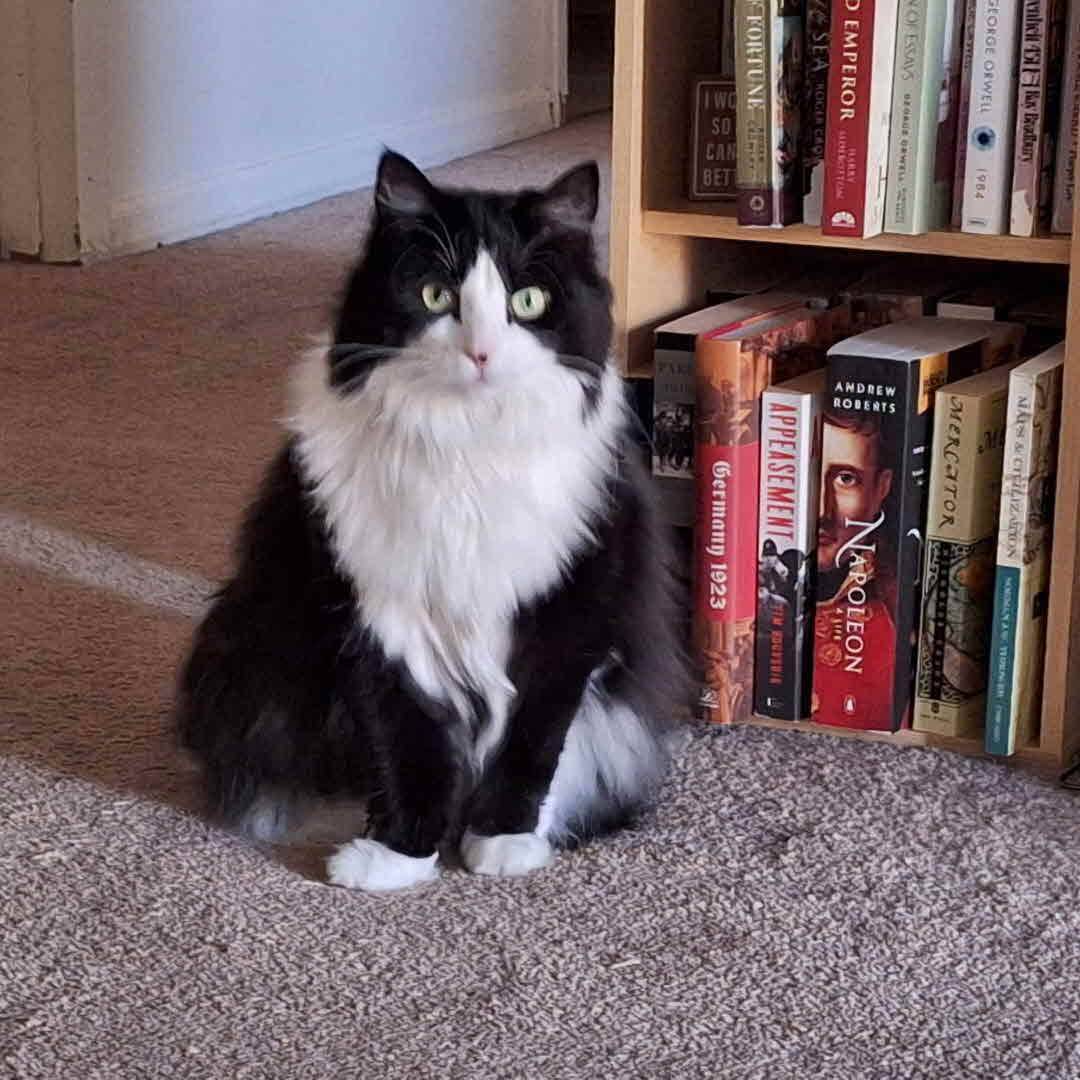
Happy National Book Lovers Day
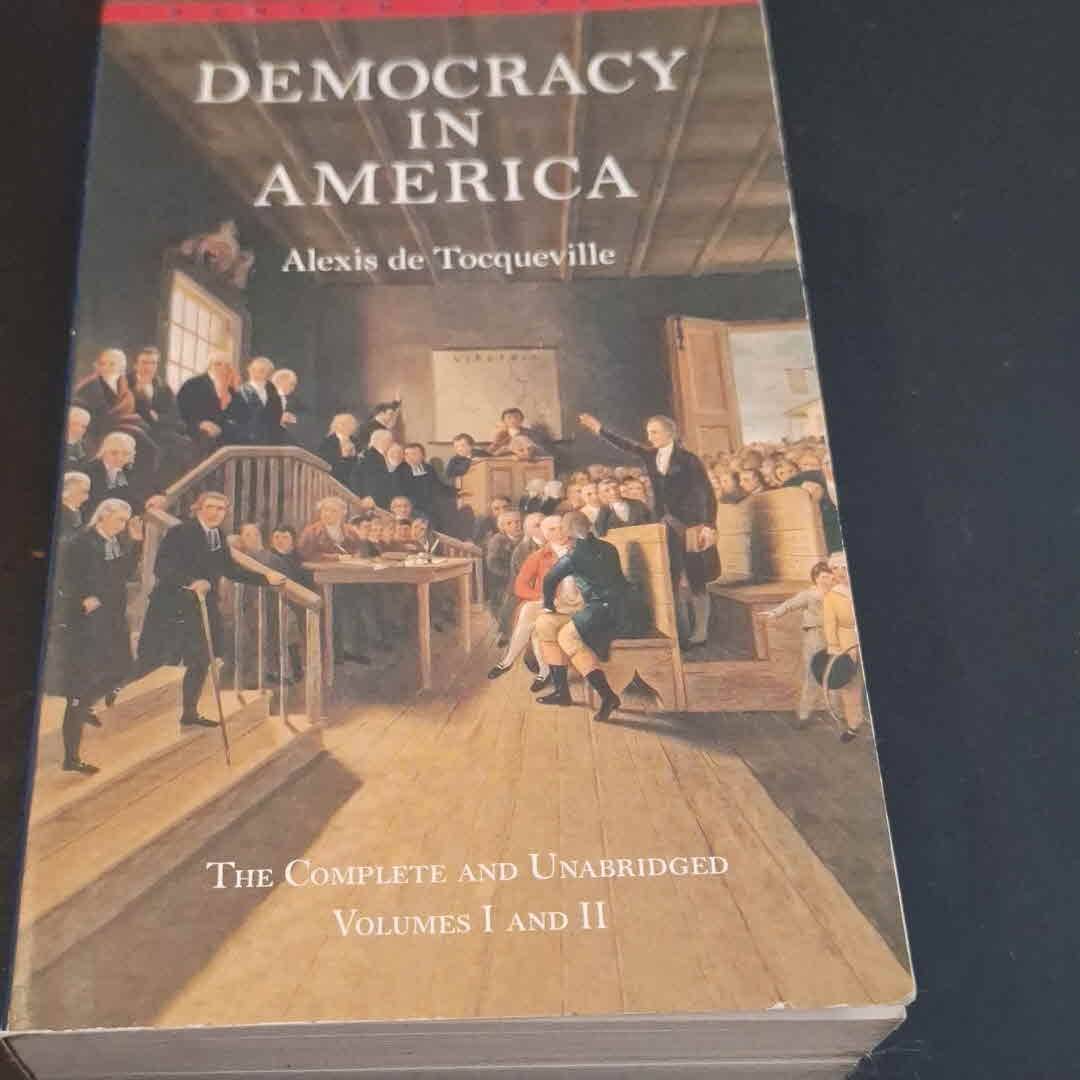
Overall, this was a very interesting and informative book. Some parts could be a little dry, but quite a bit still provided interesting commentary. It was also interesting in presenting an outsider's perspective on American culture, government, and society. Overall, would recommend.